
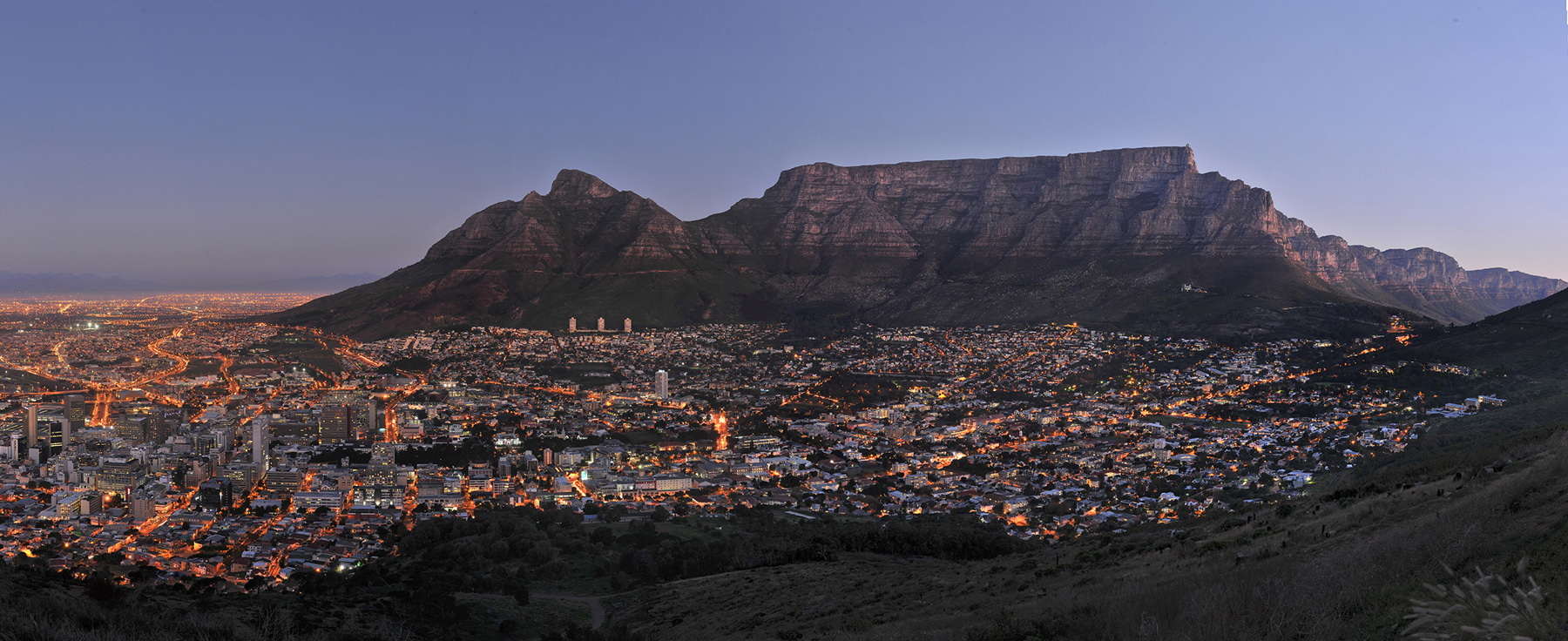
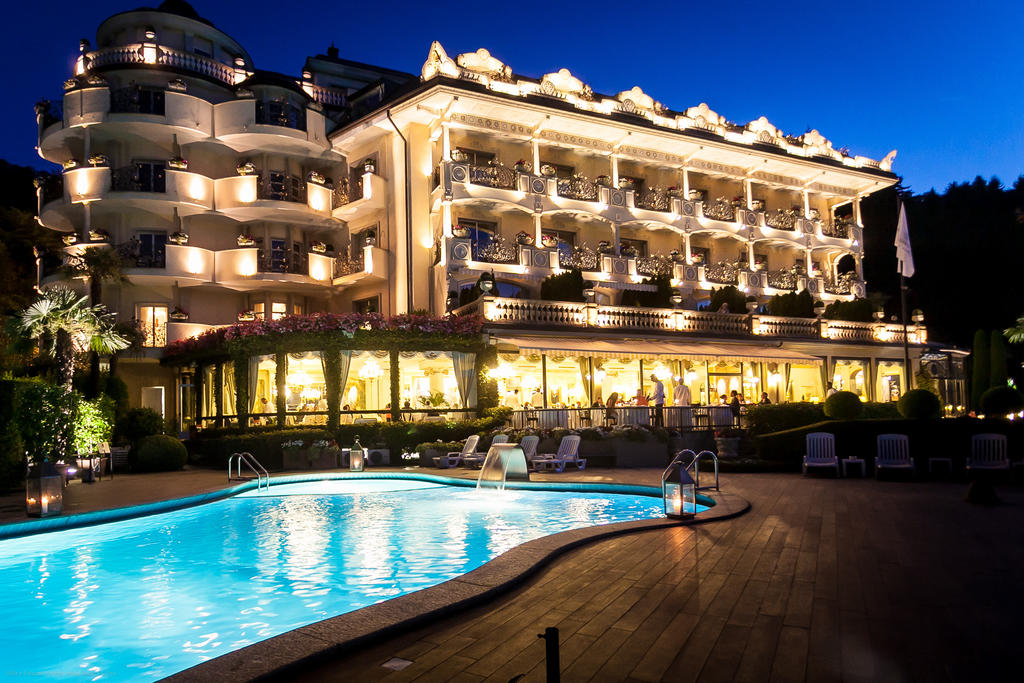
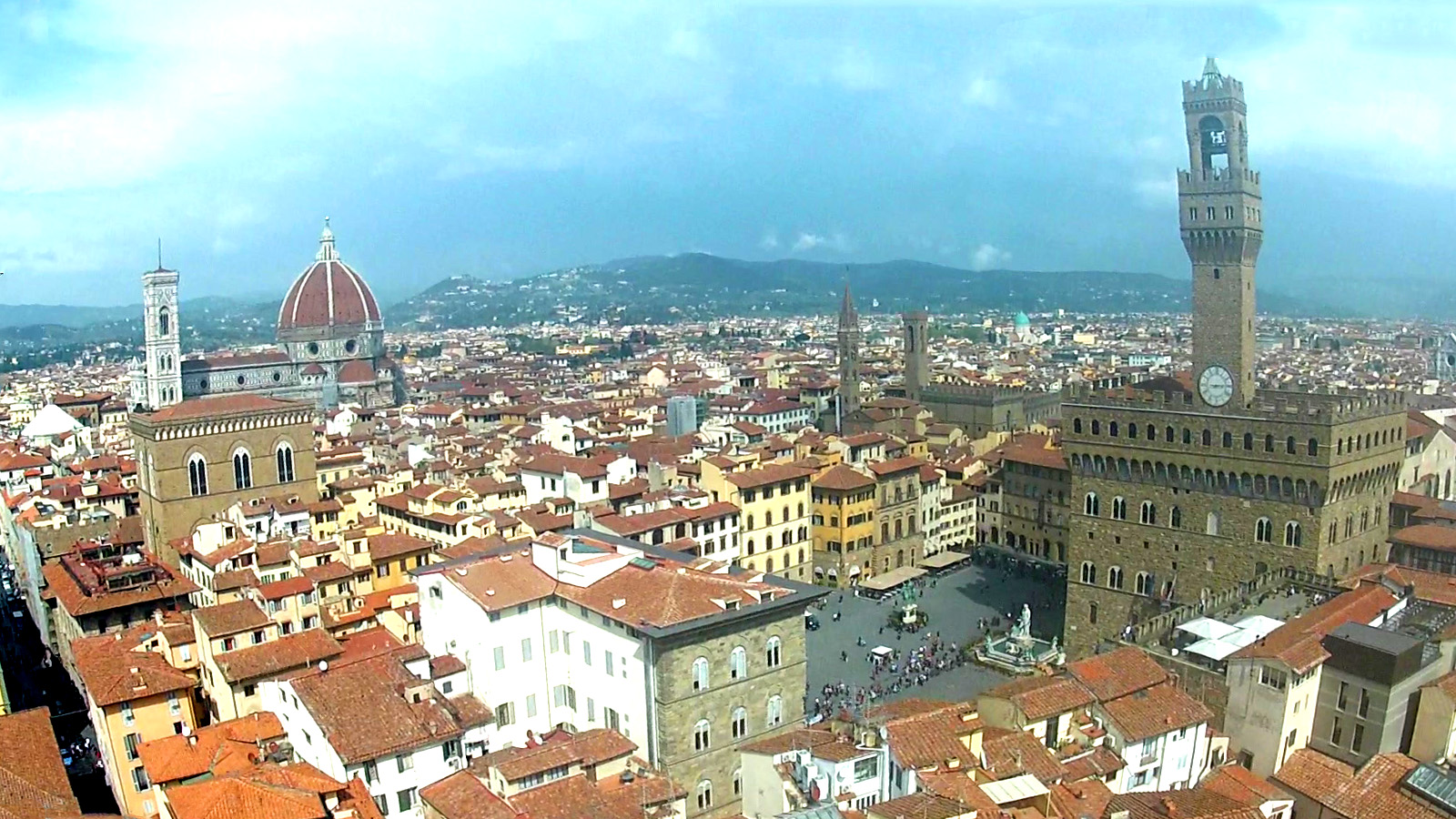

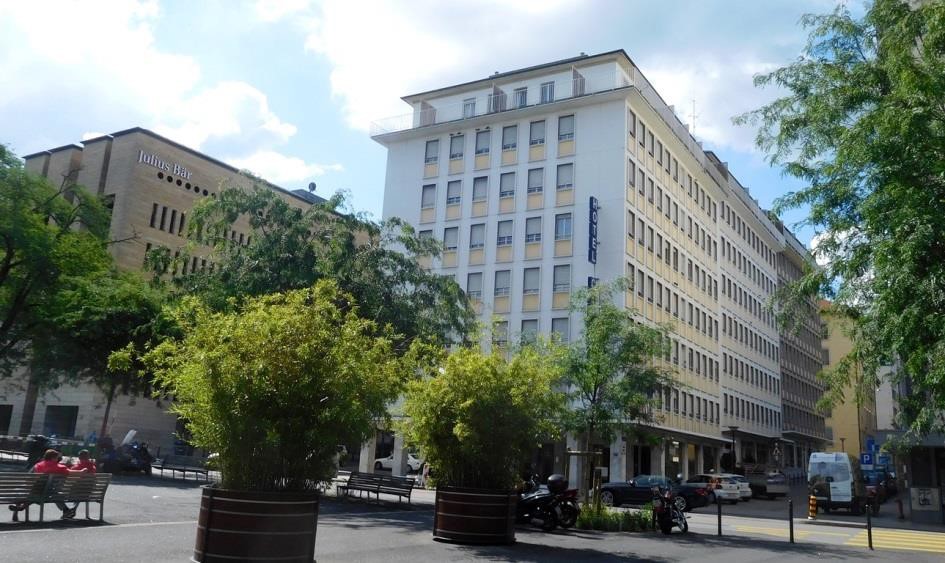
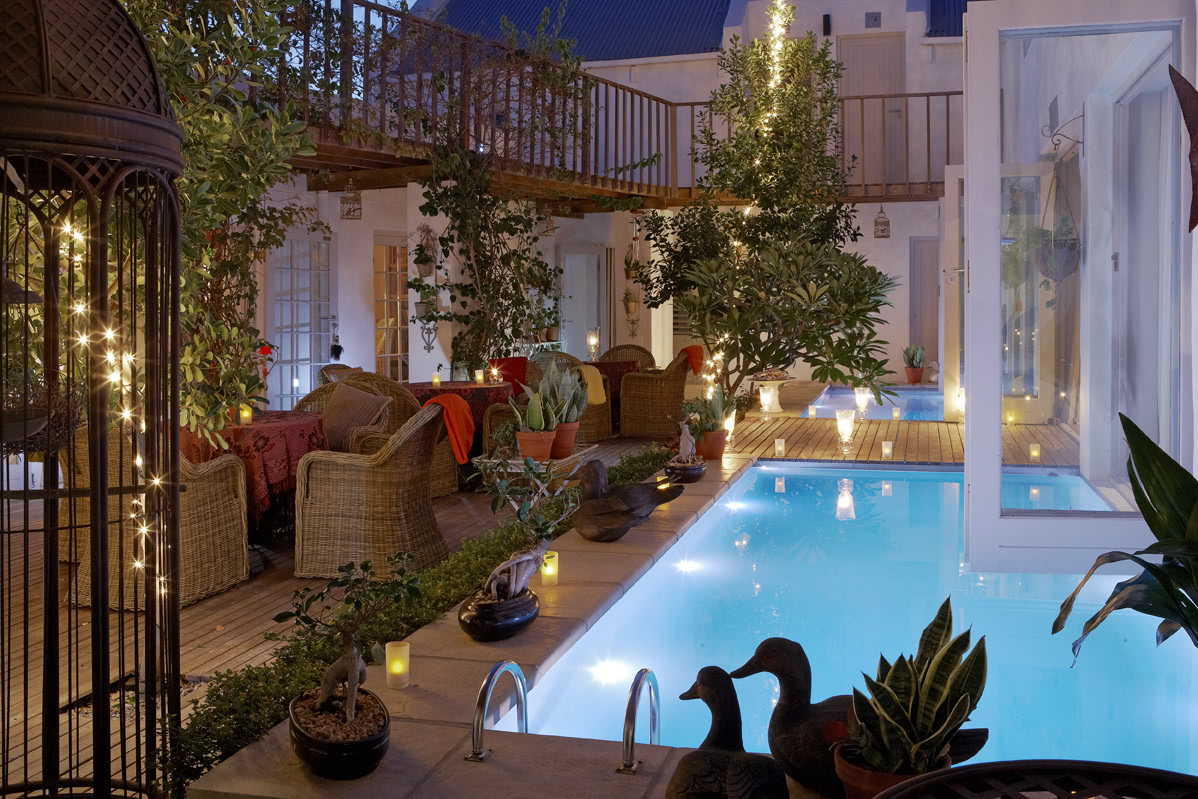
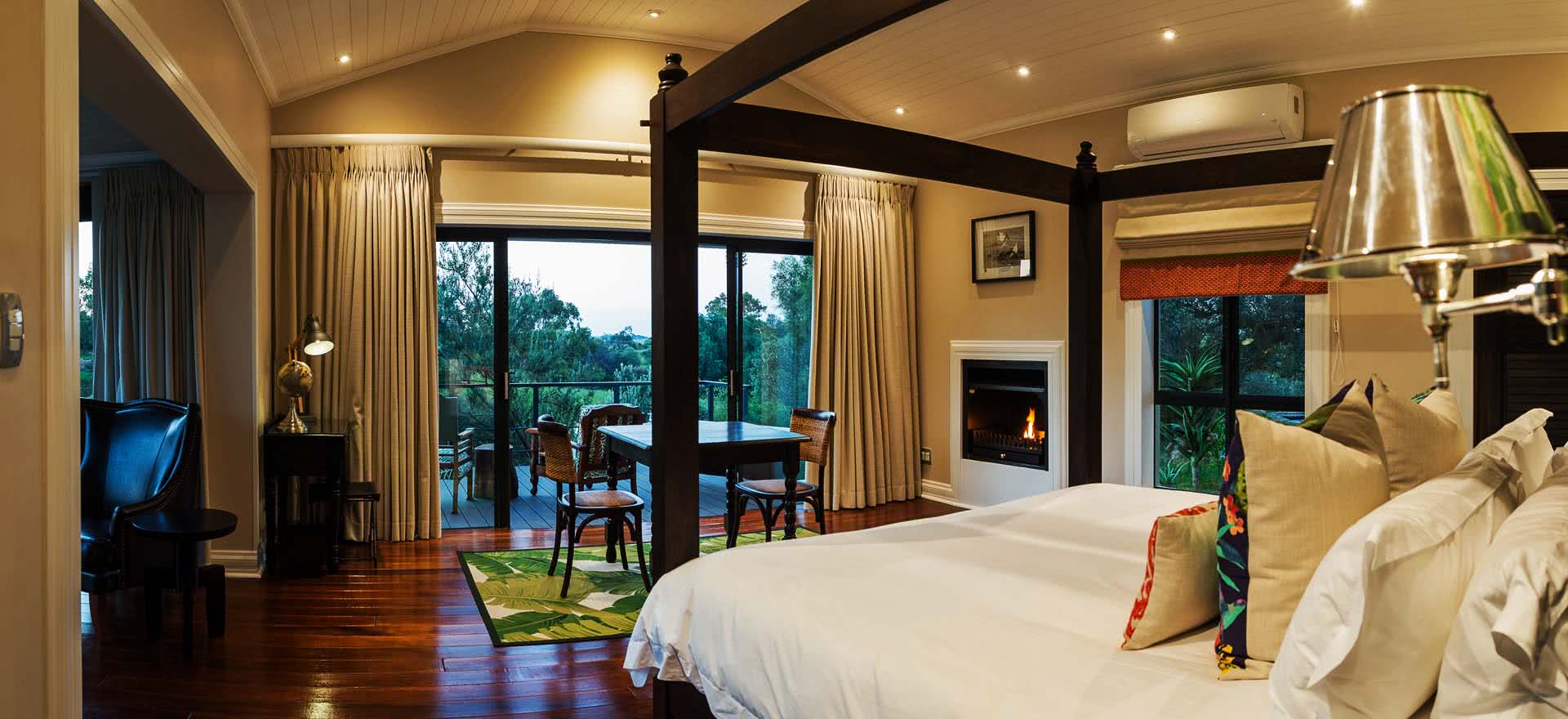
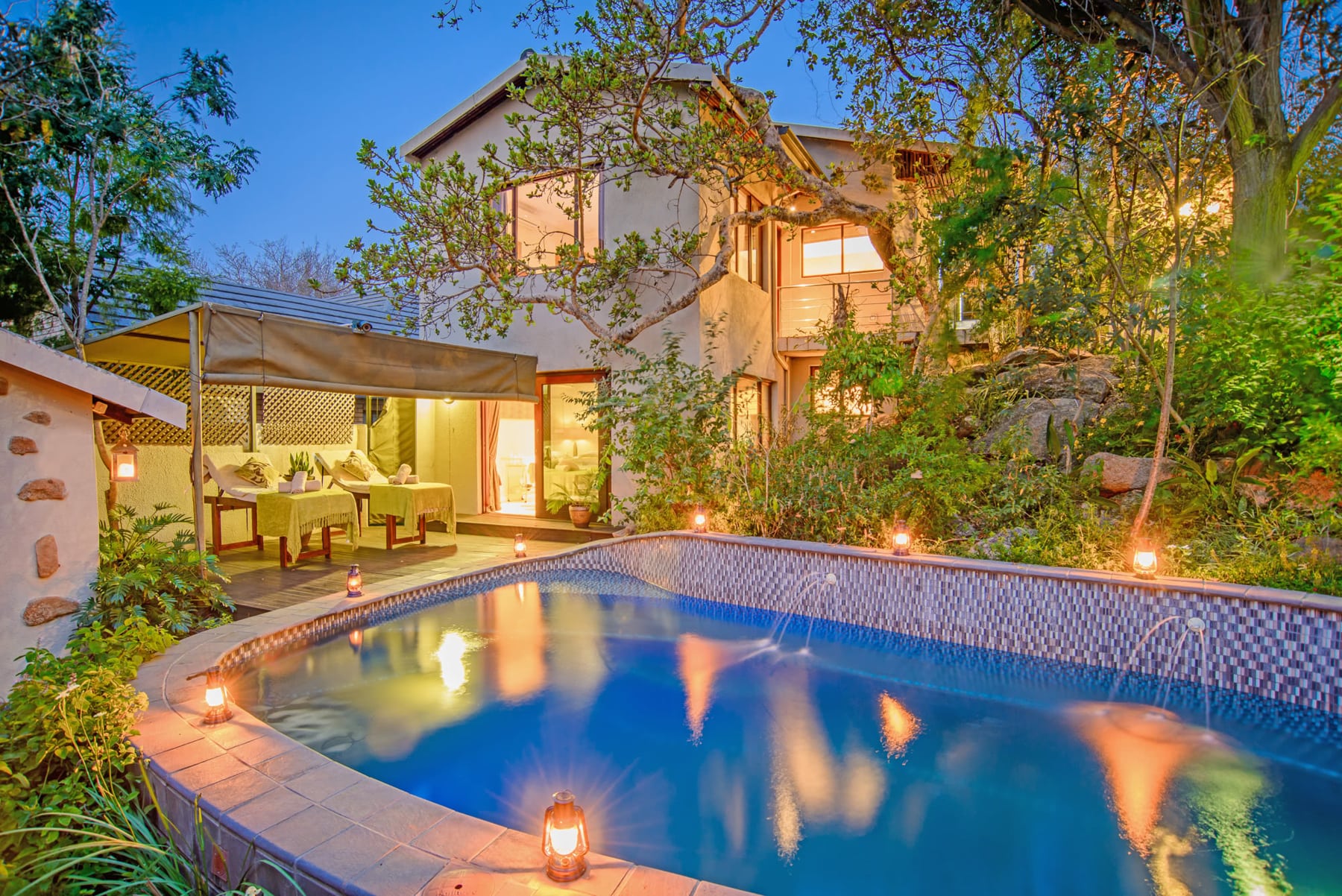

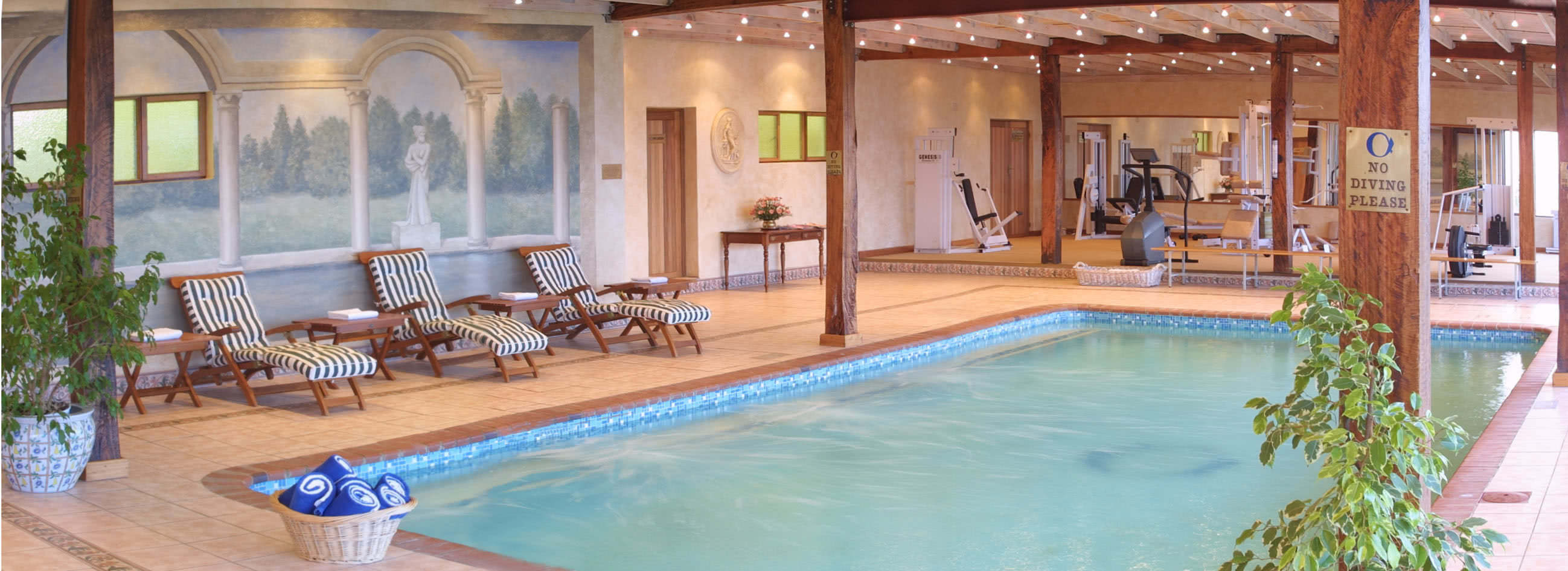
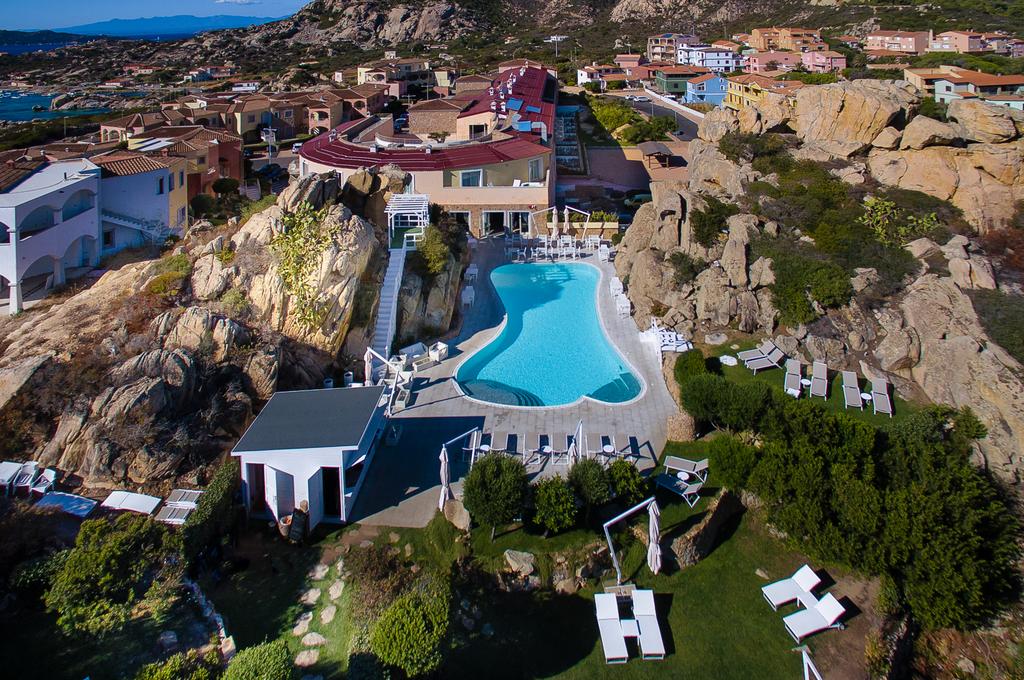
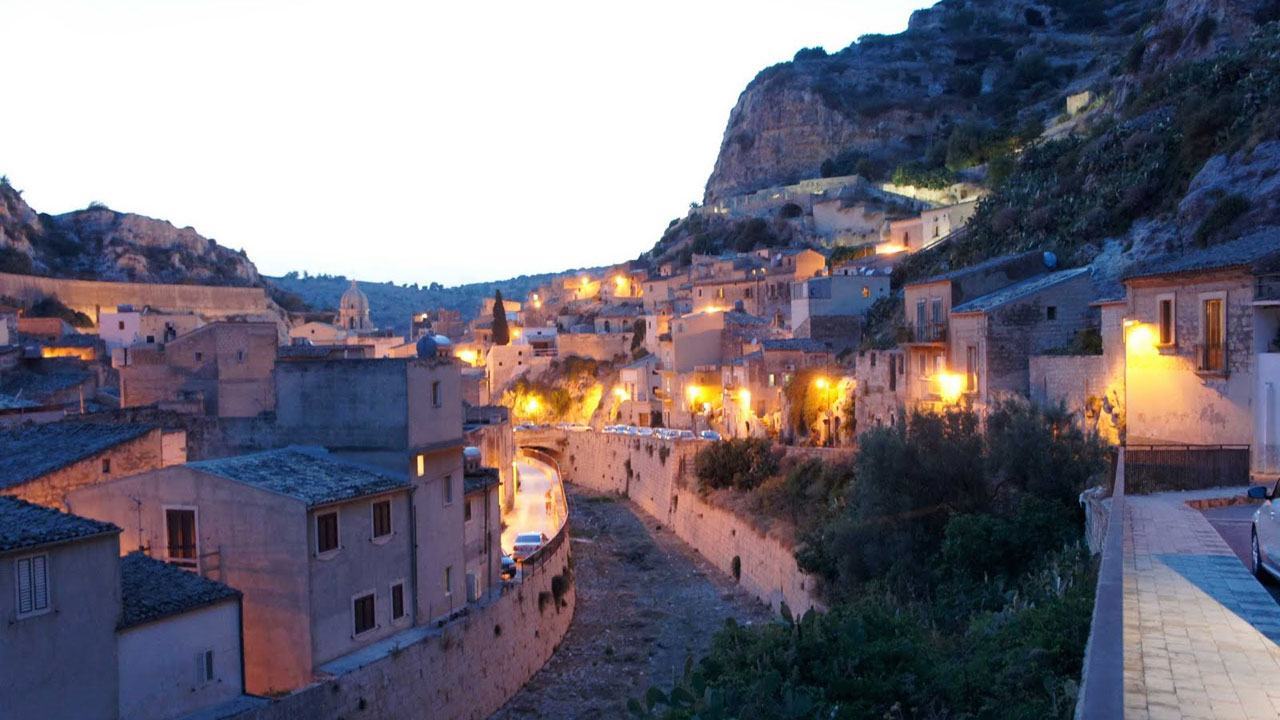
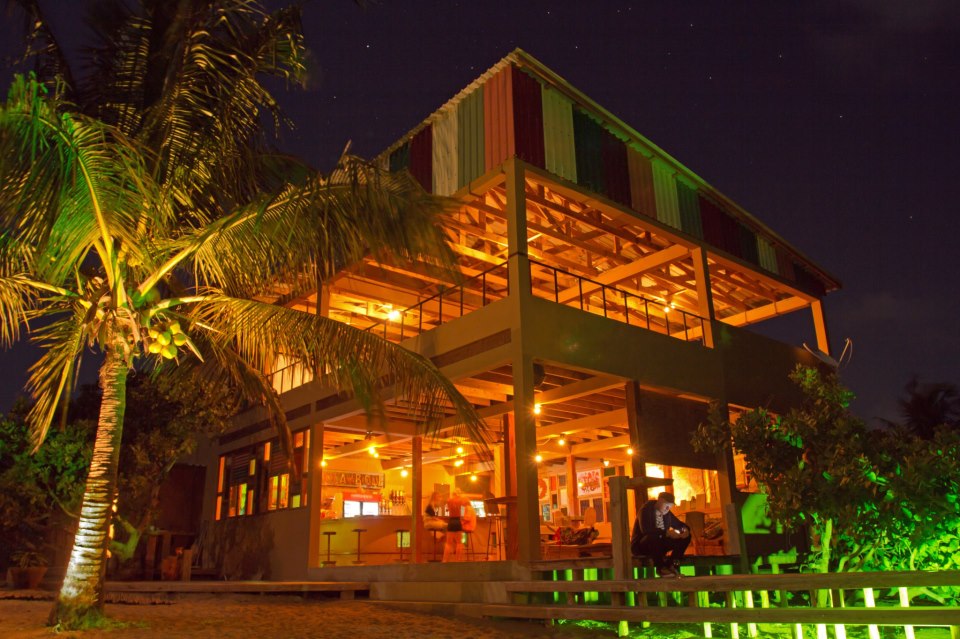
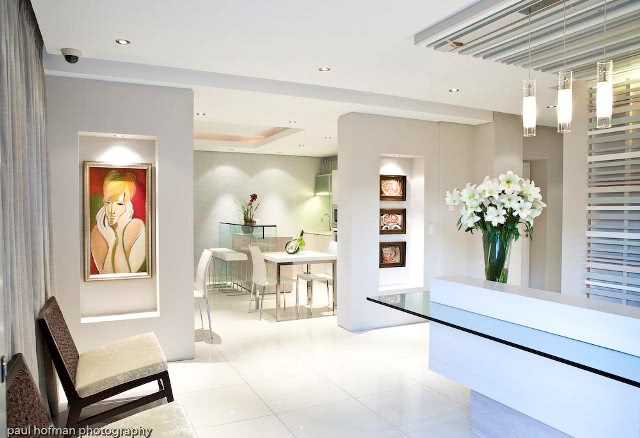
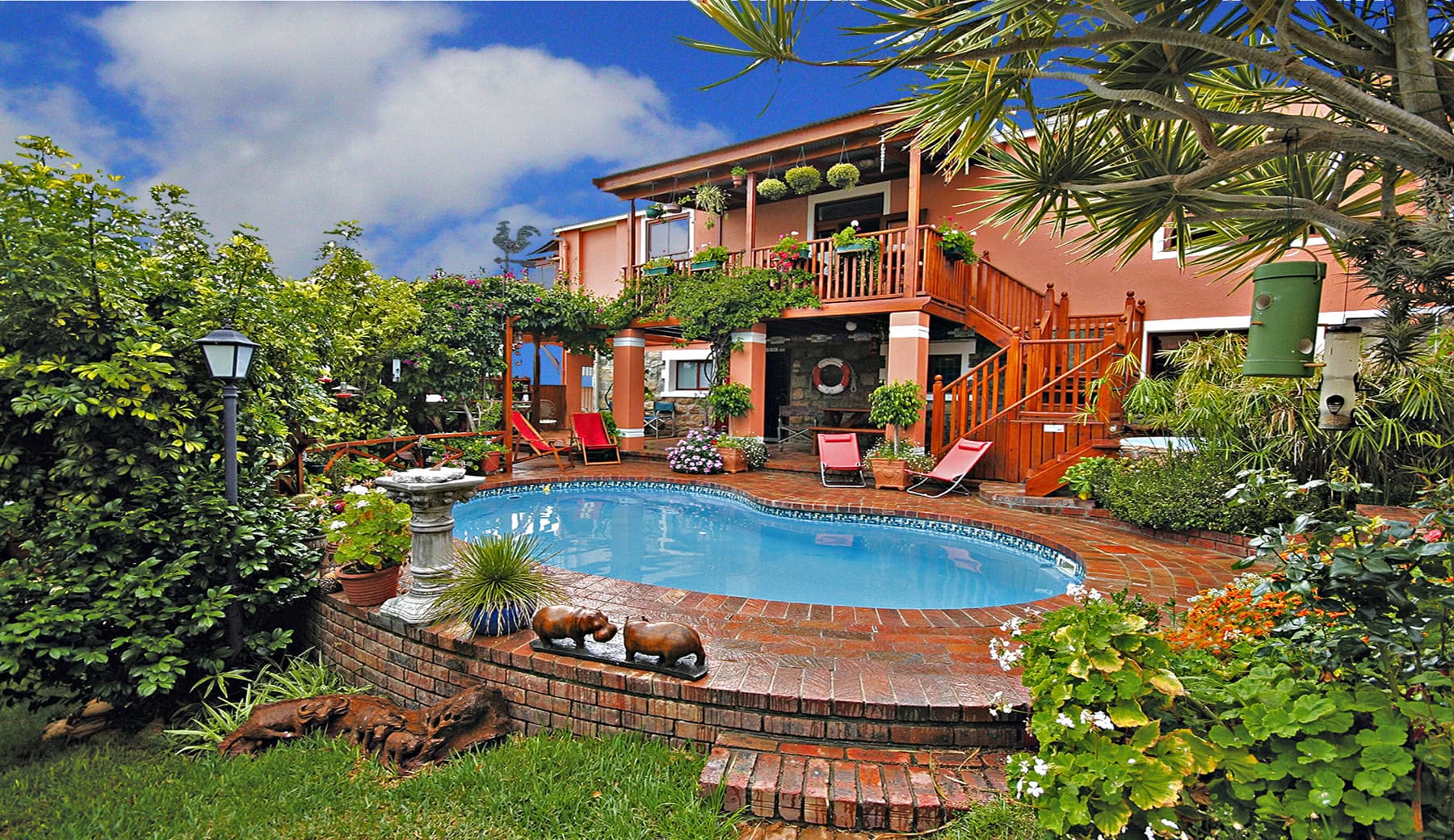
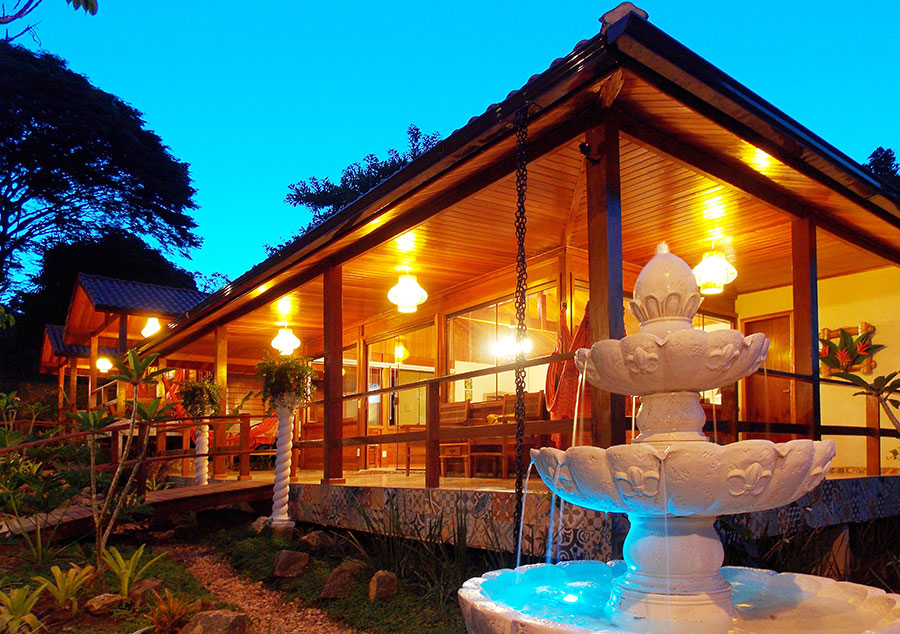
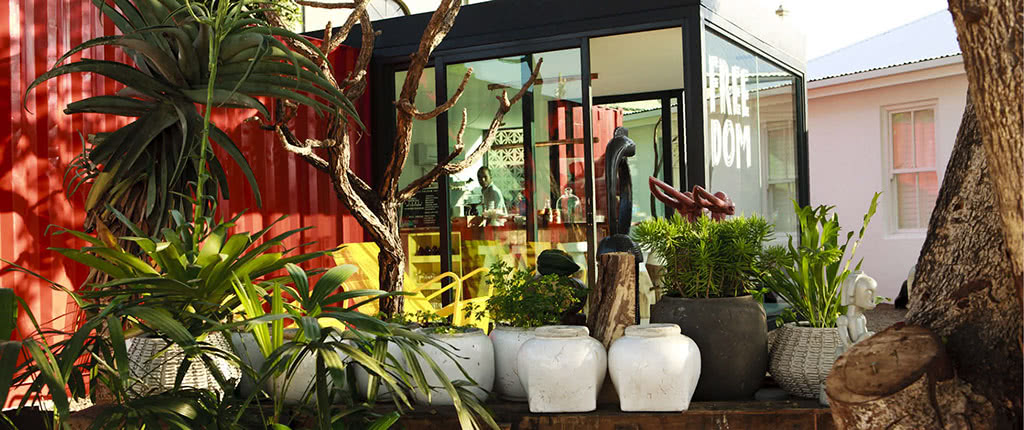
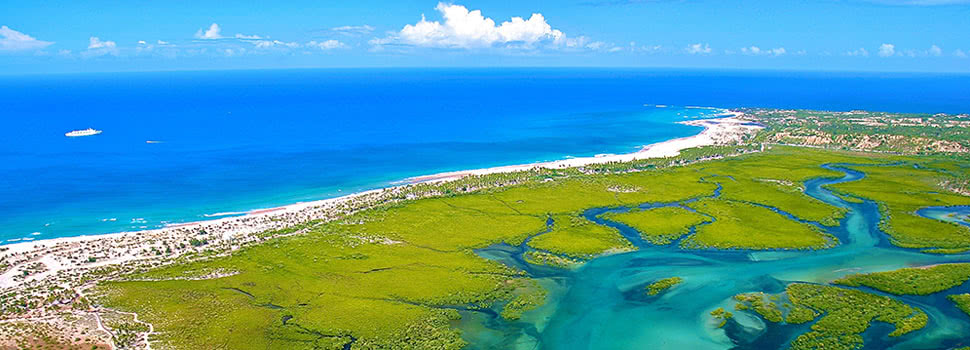
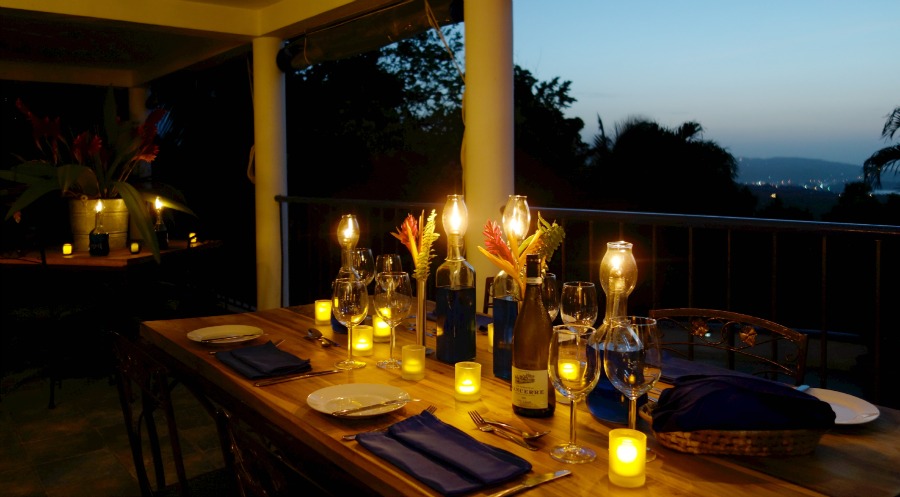
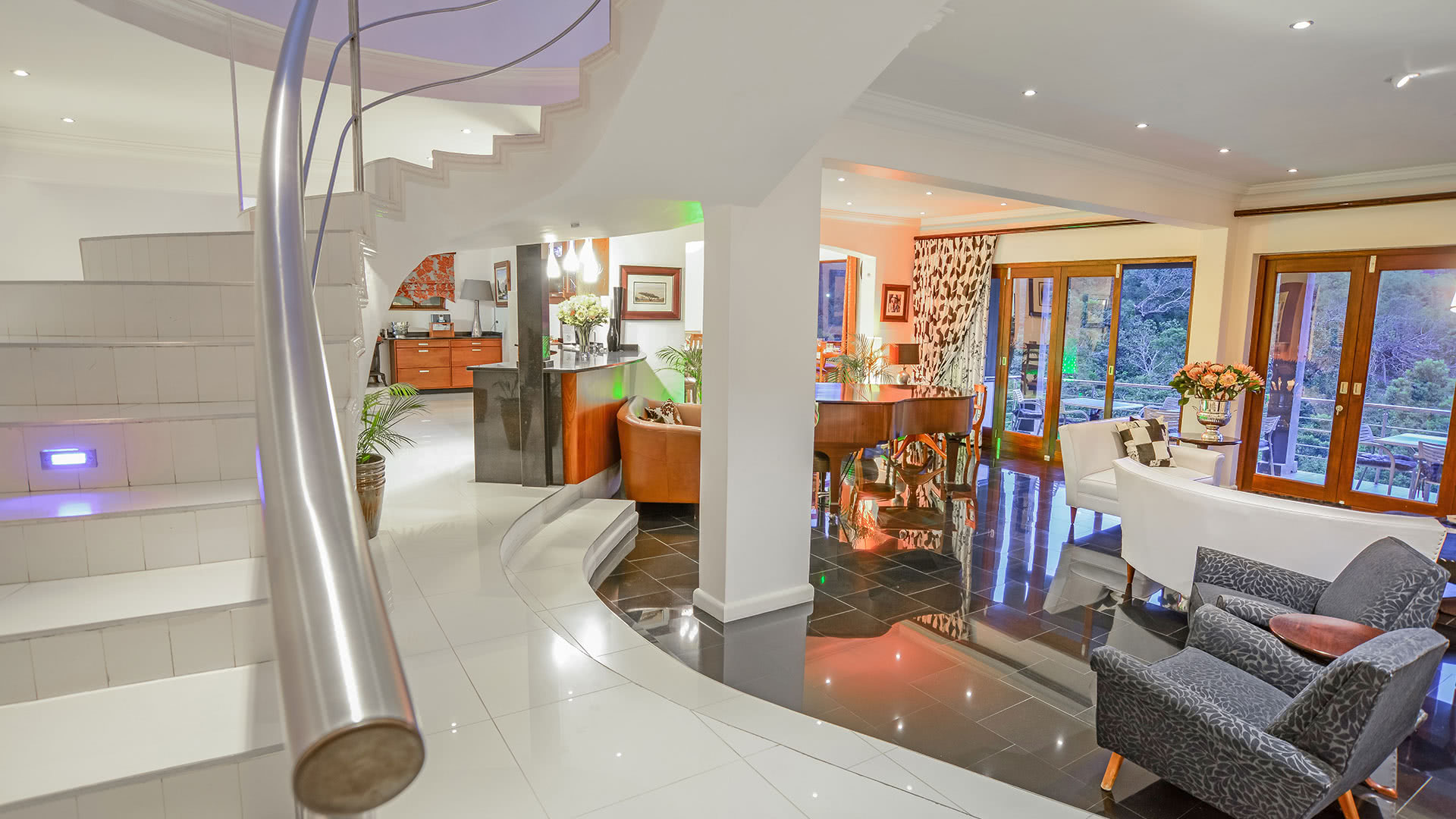
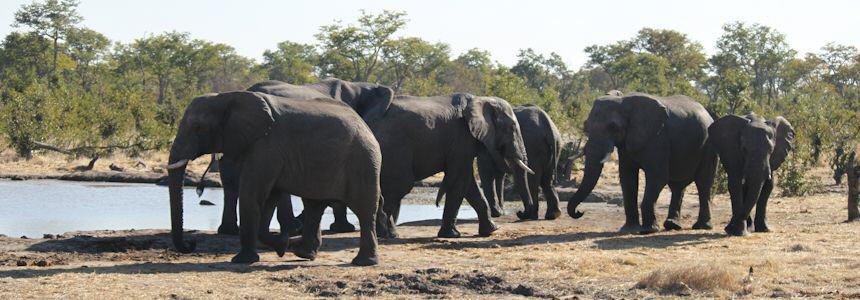
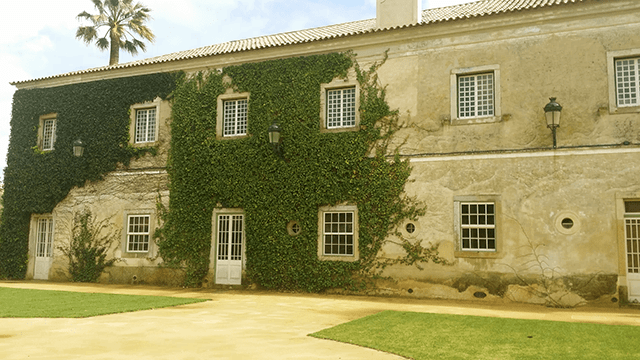
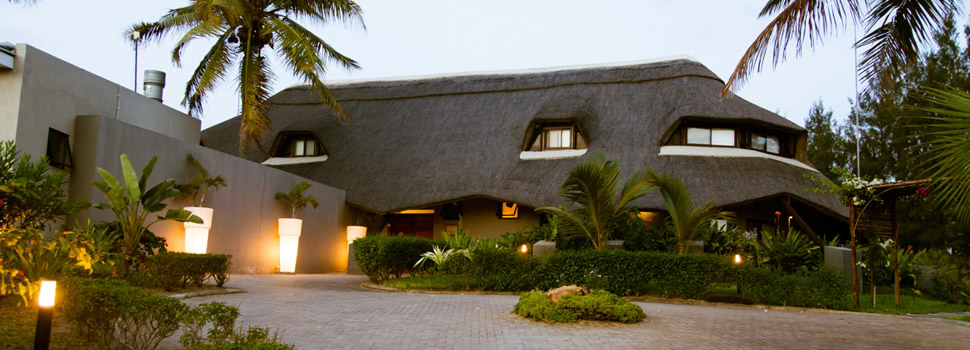
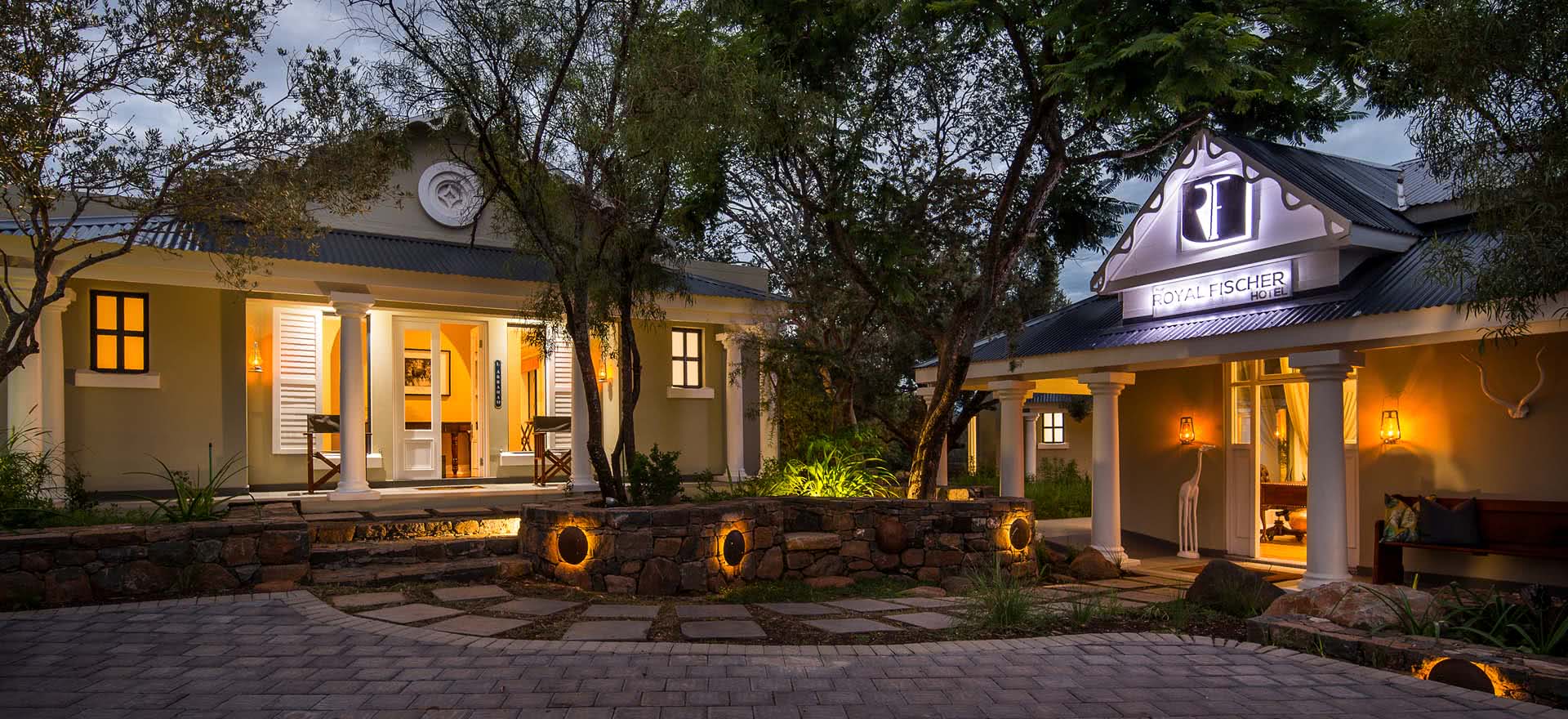
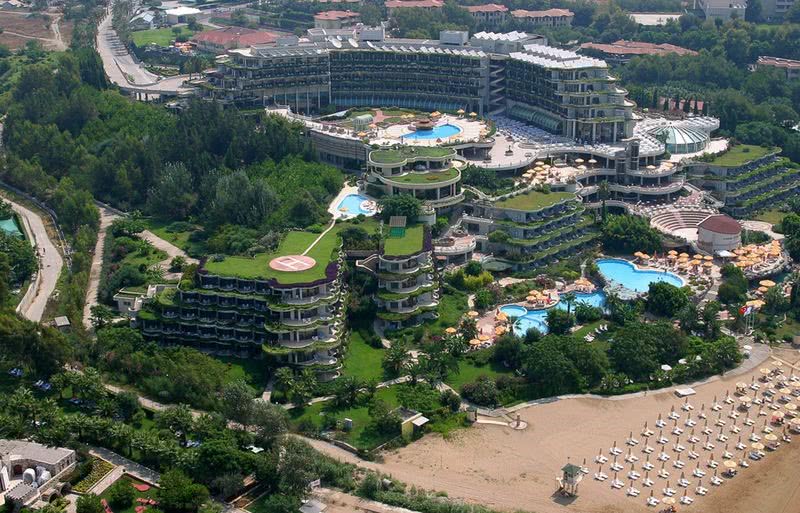
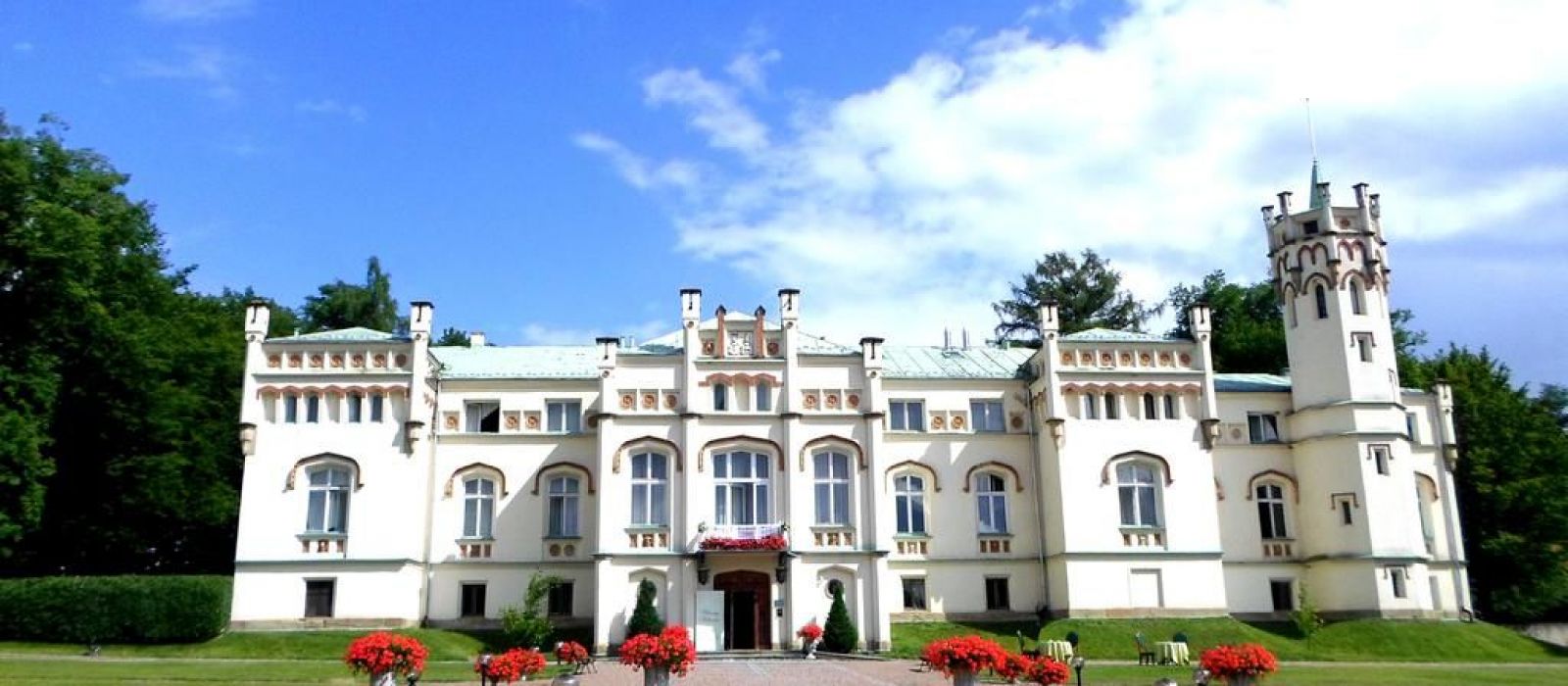
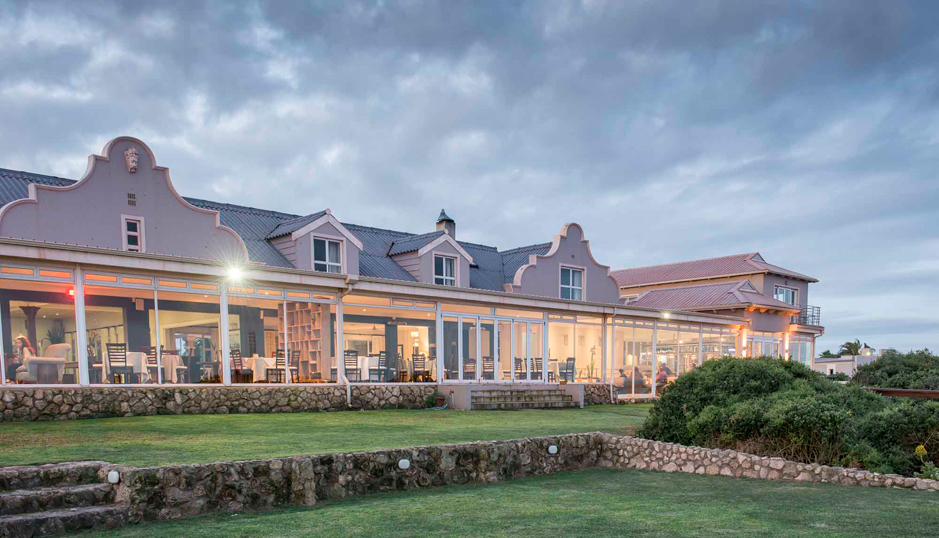
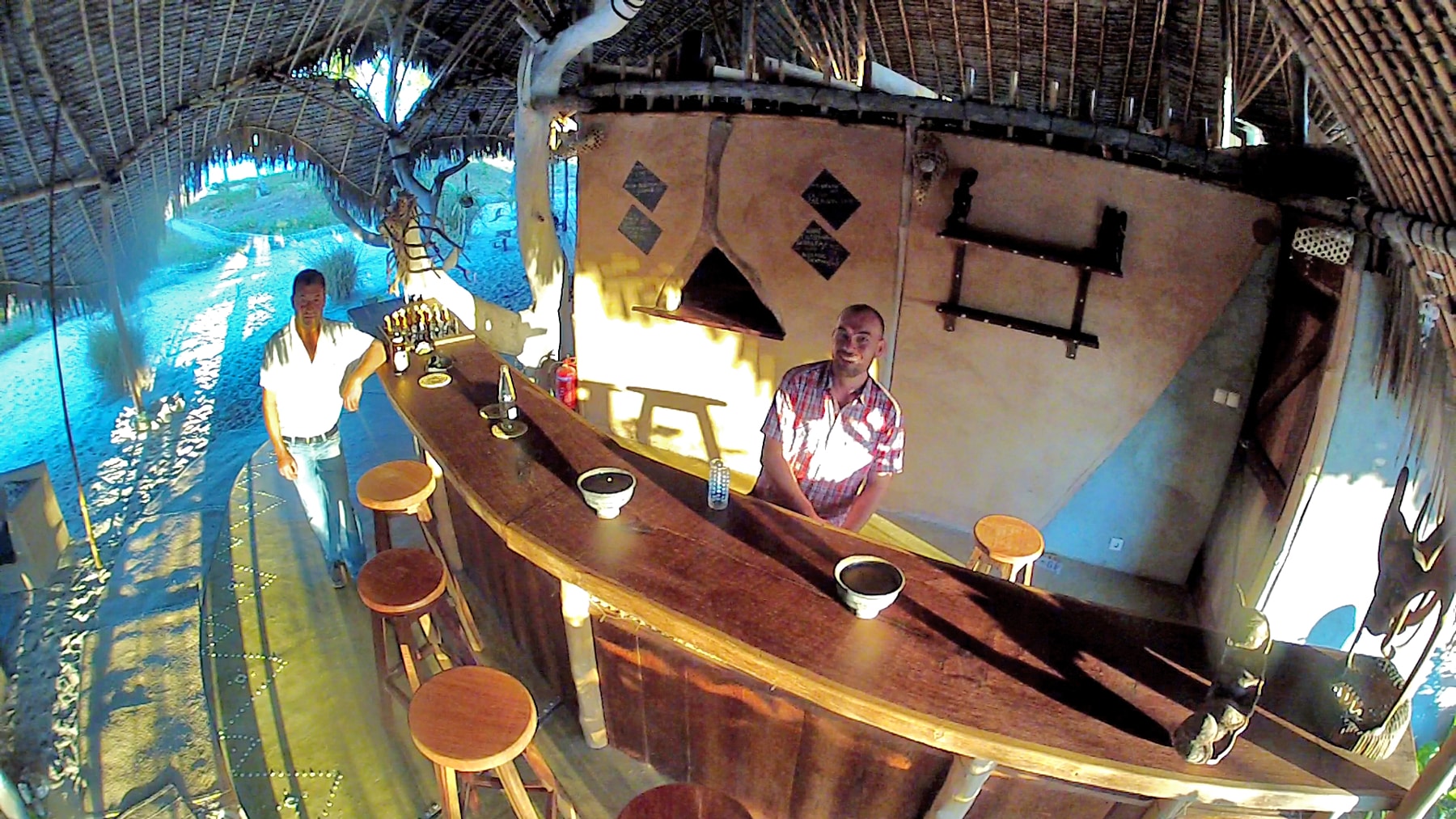
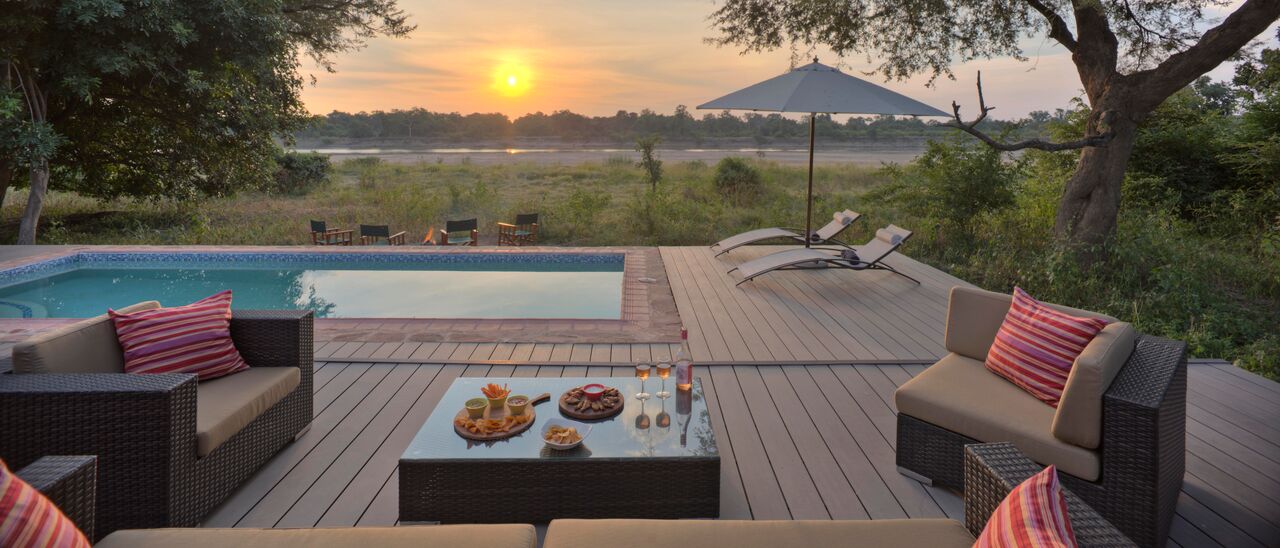
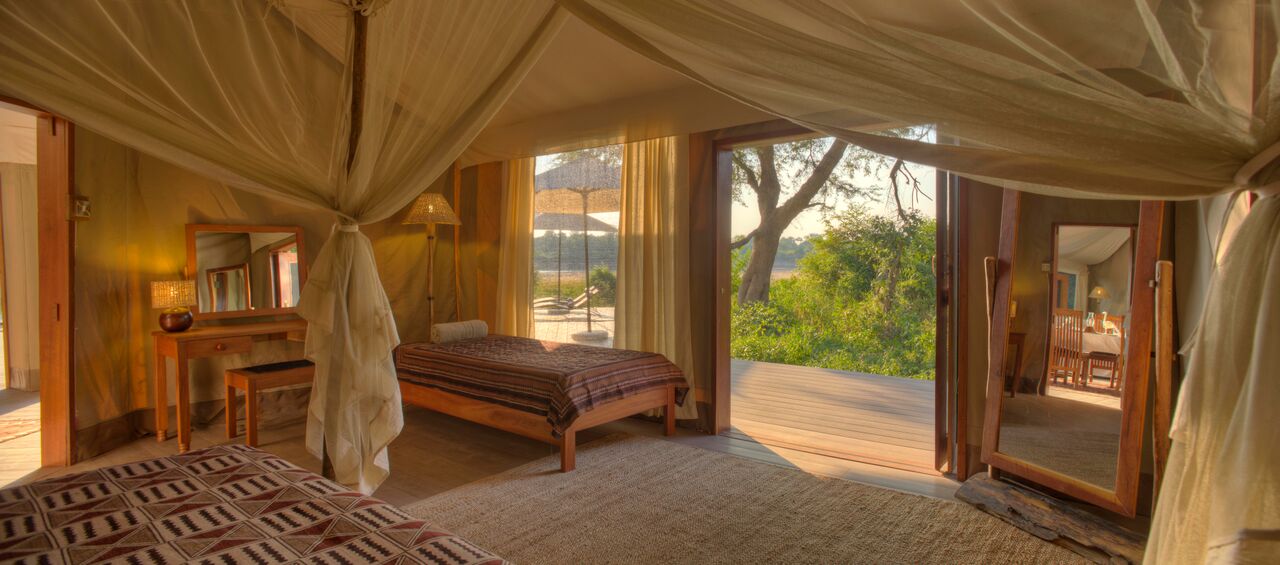
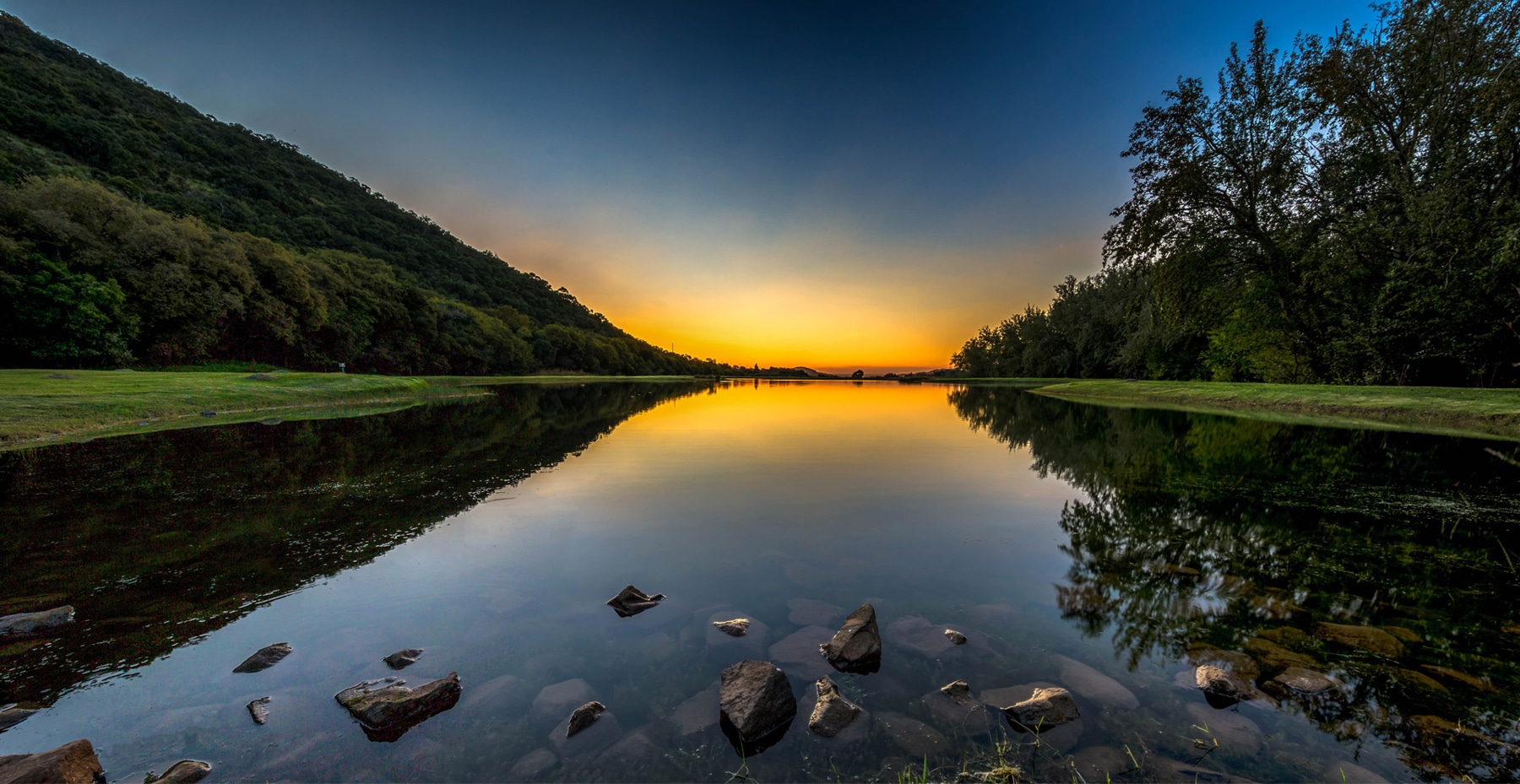
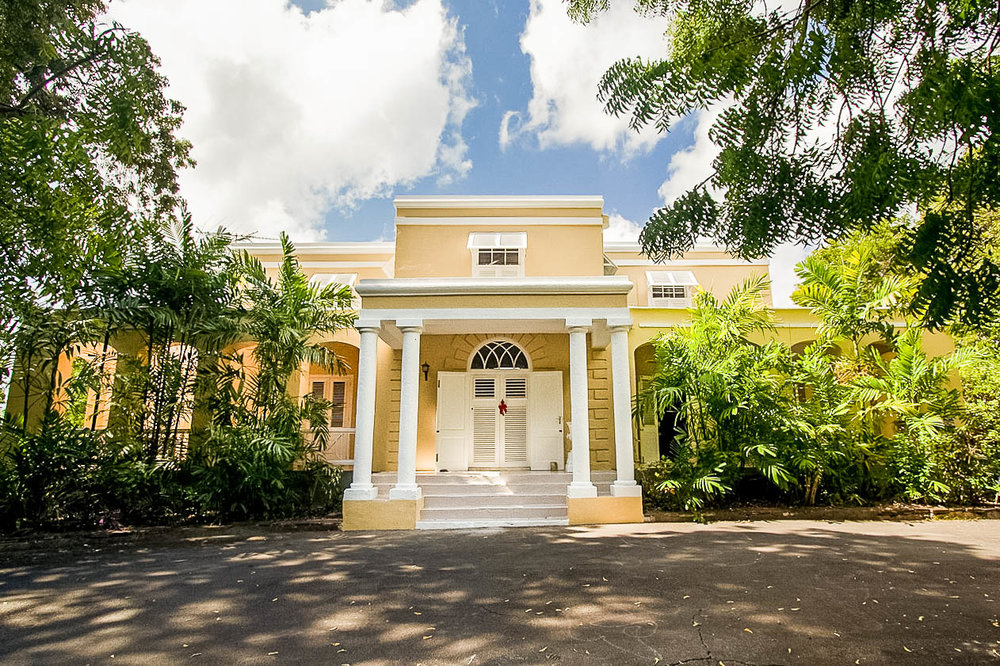
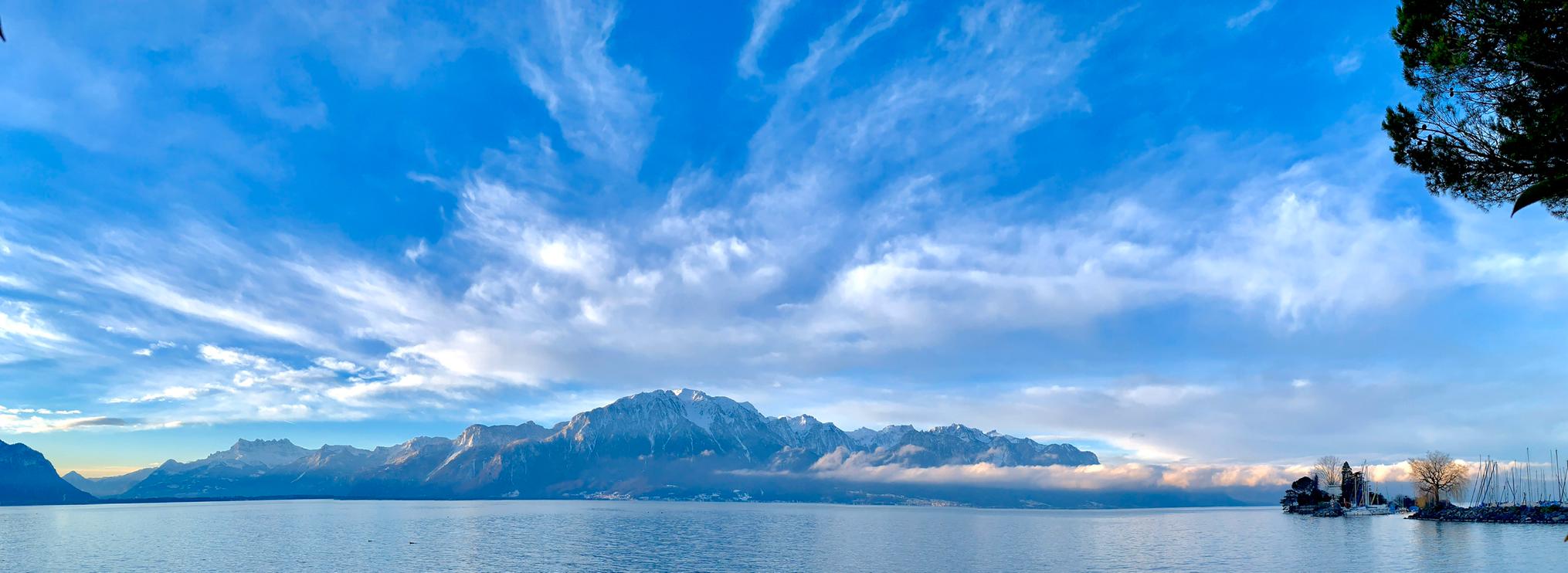
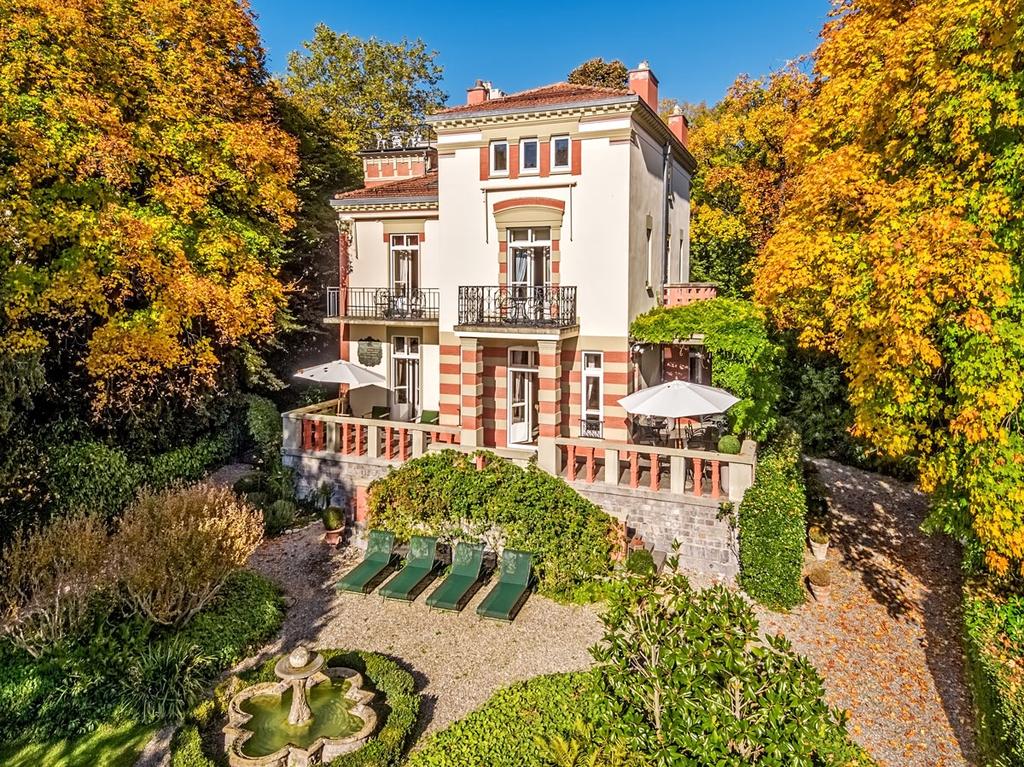
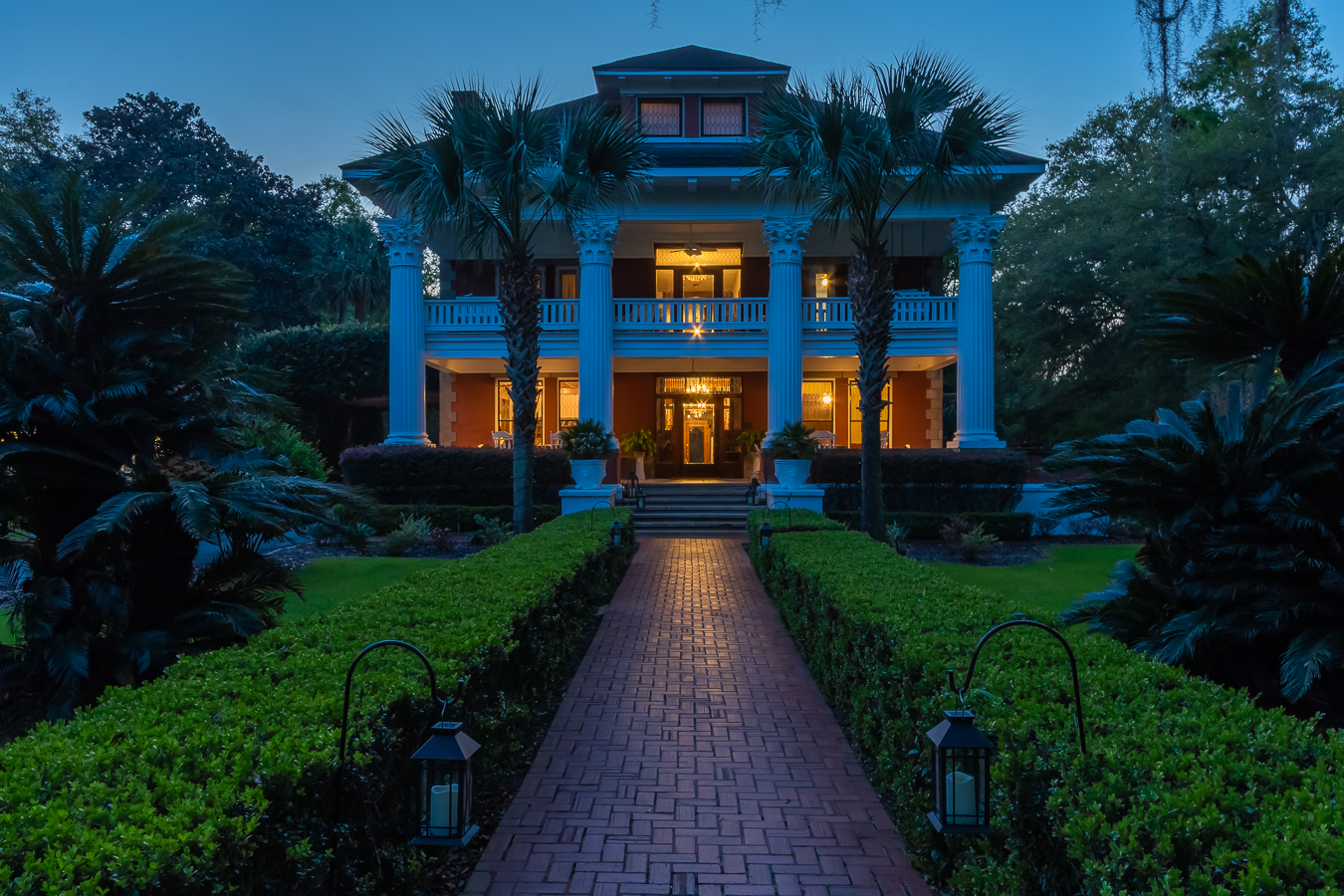
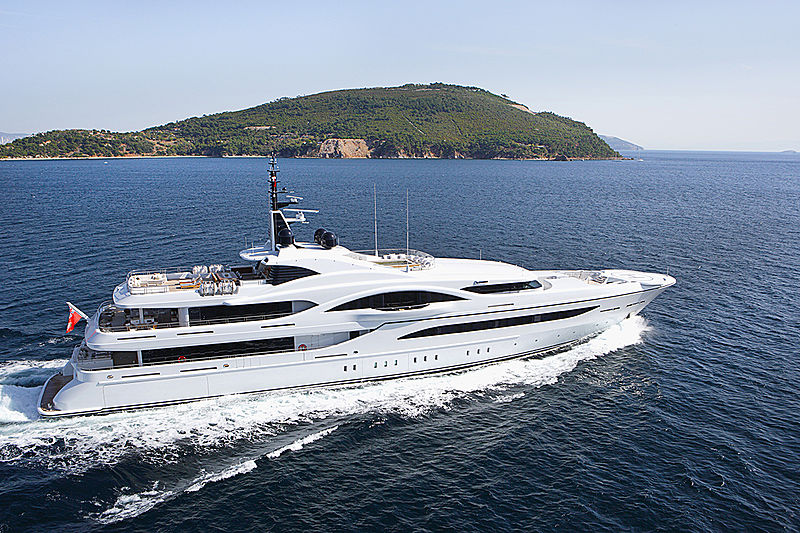
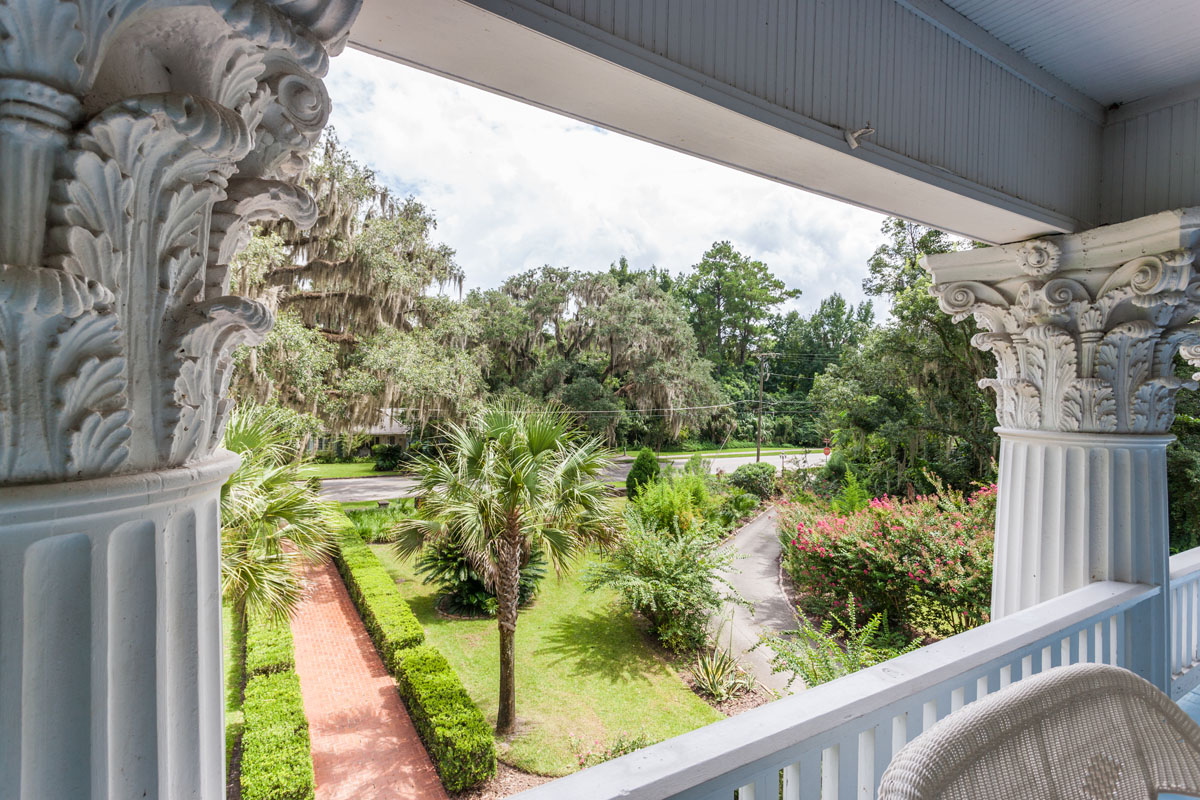
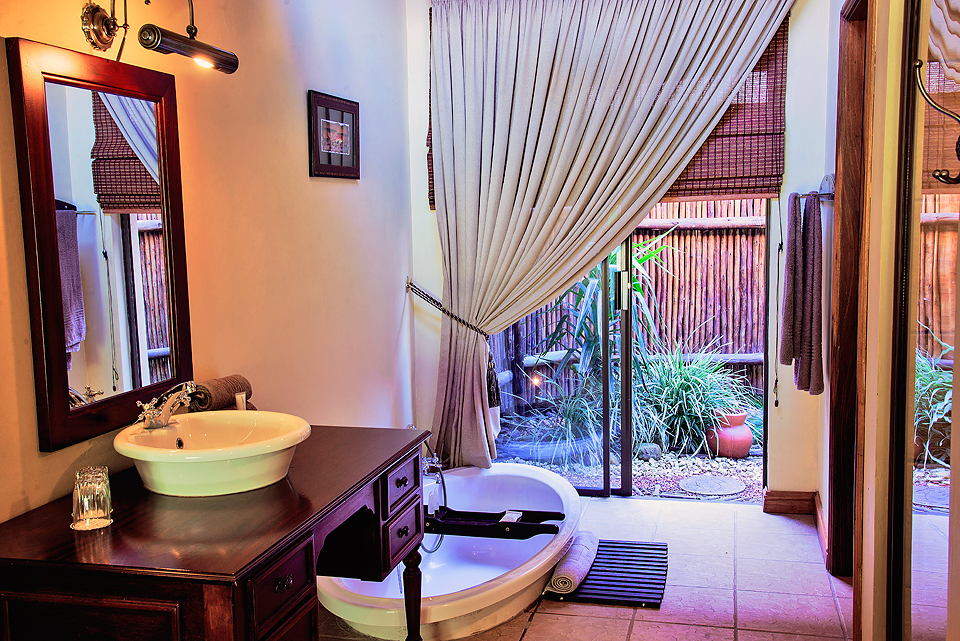
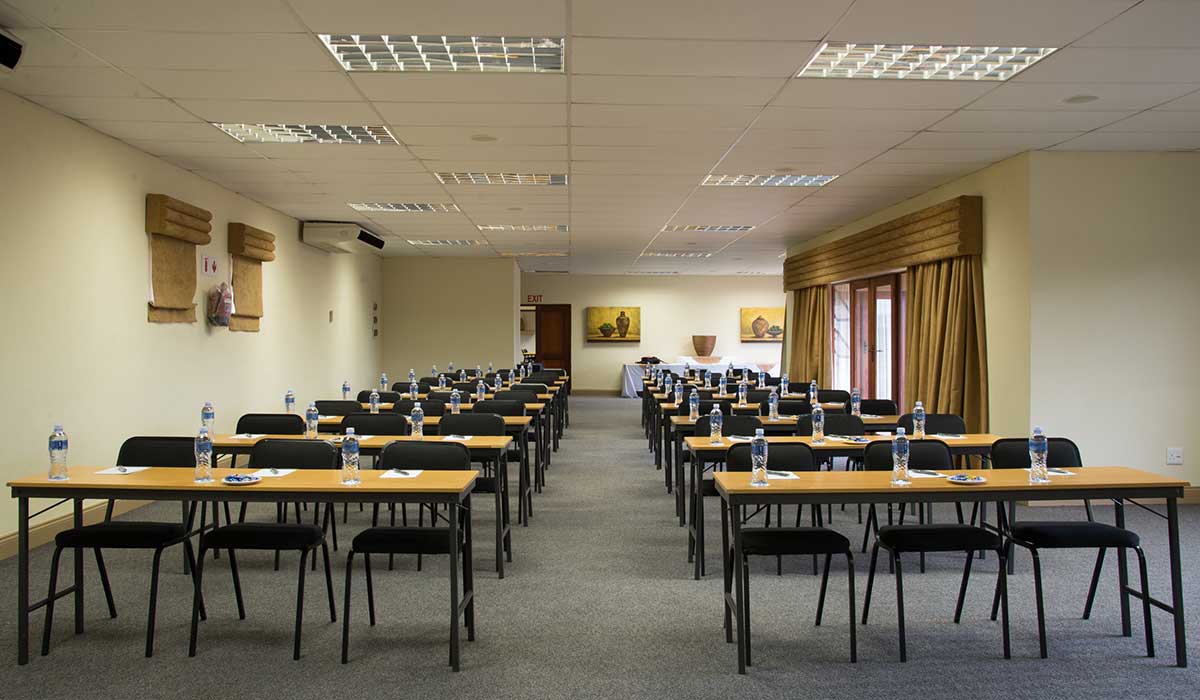
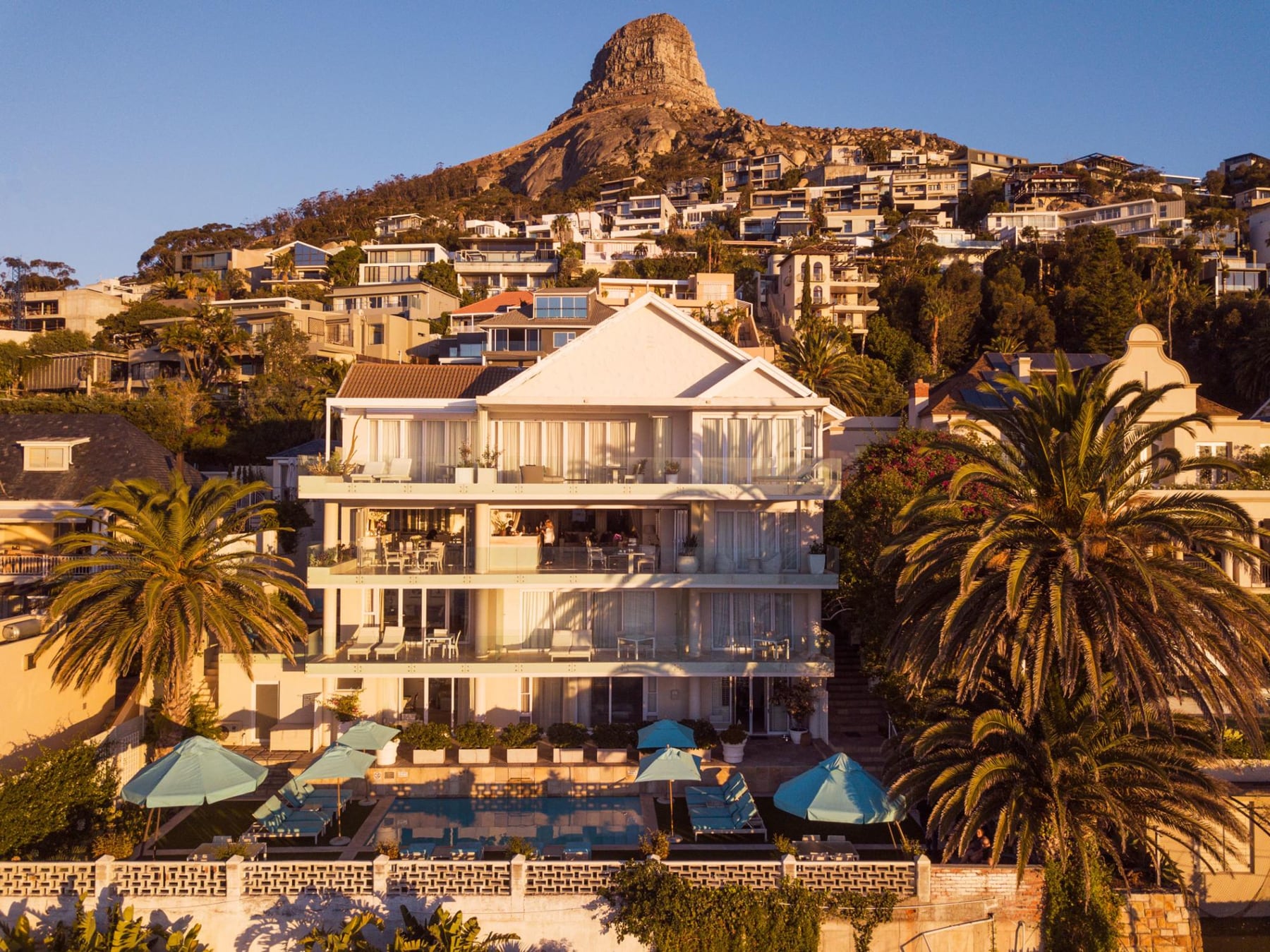
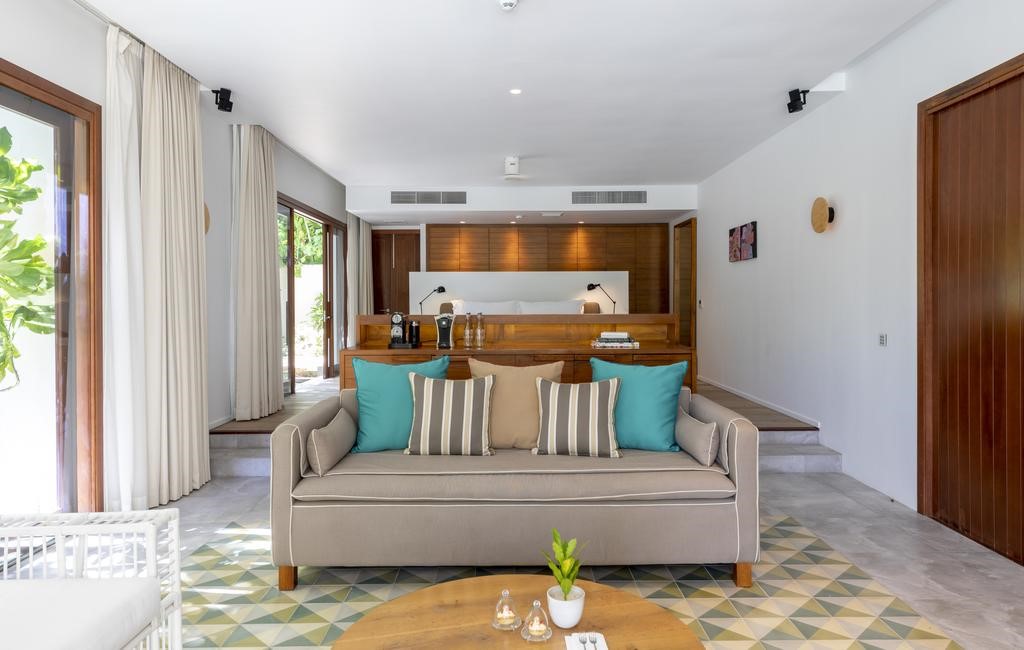
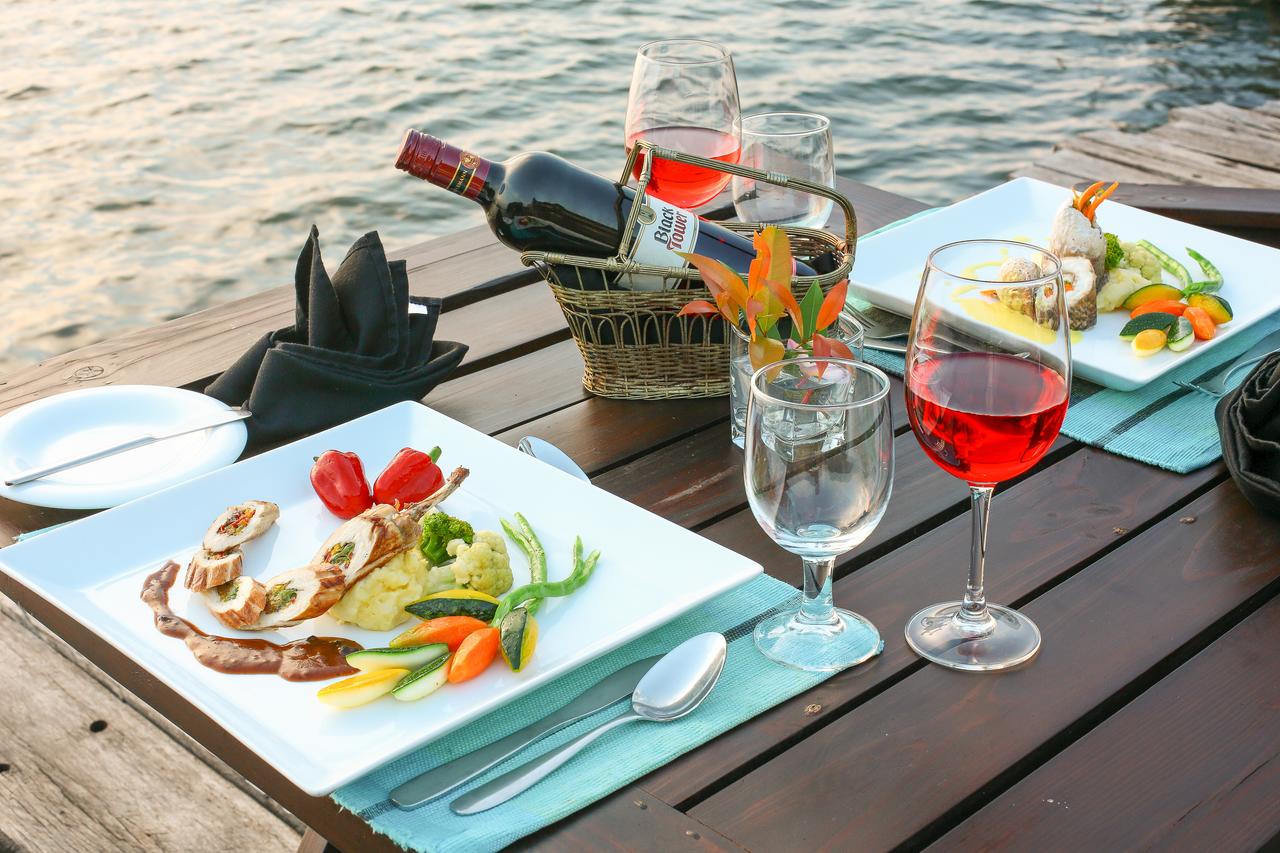
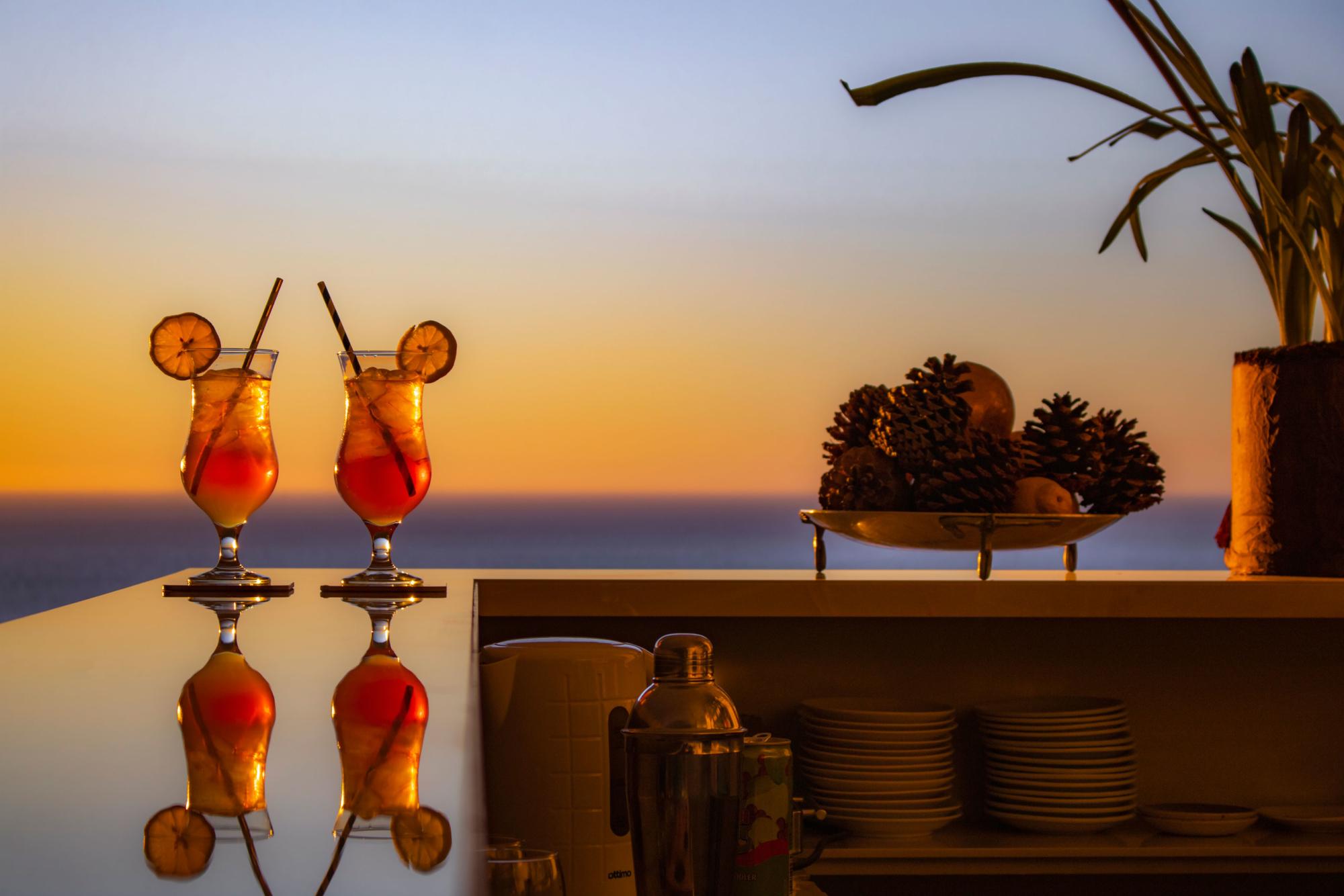
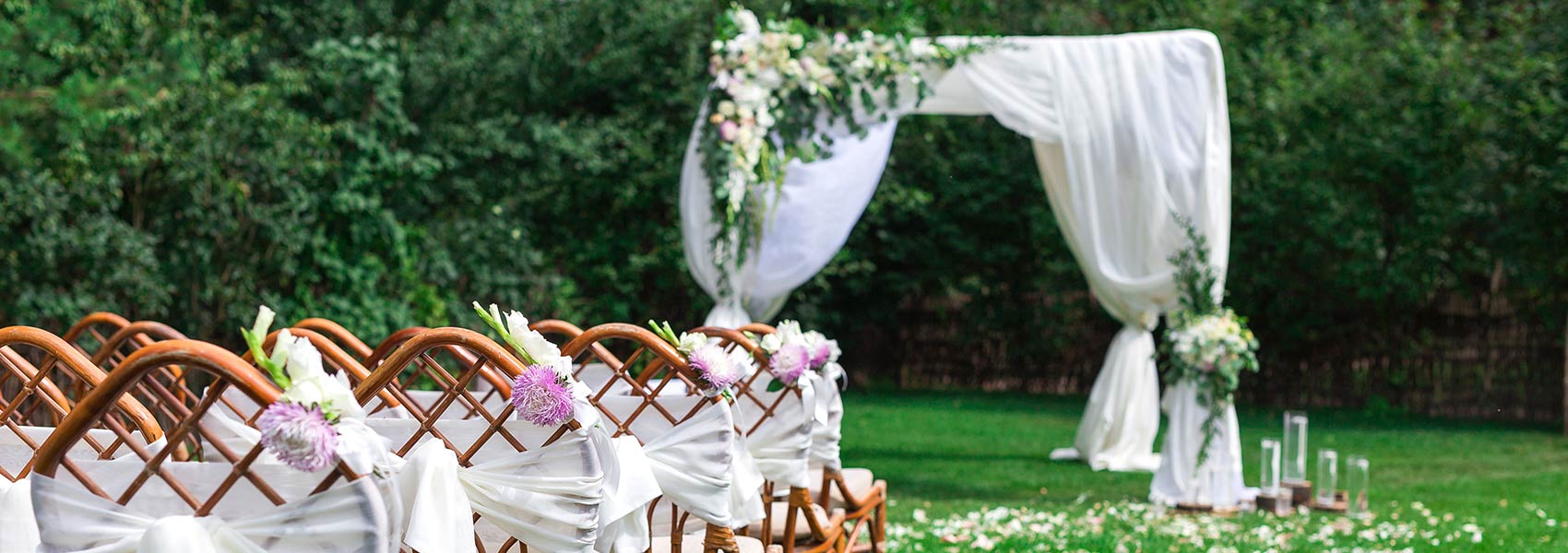
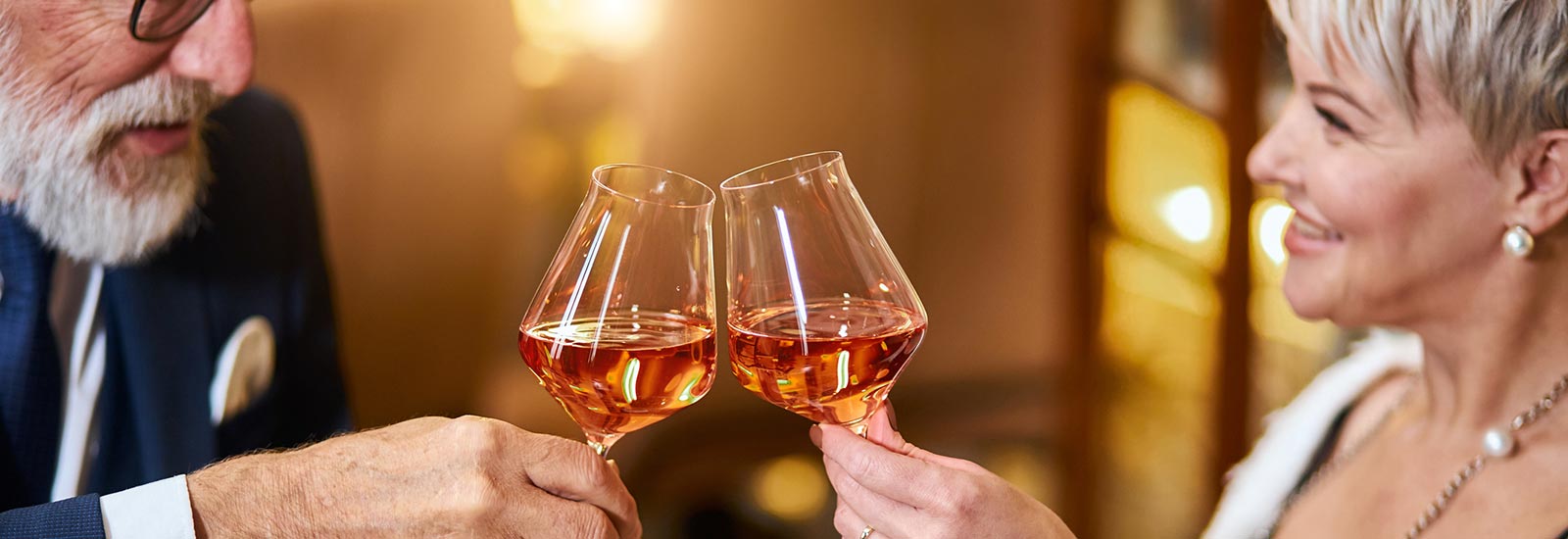
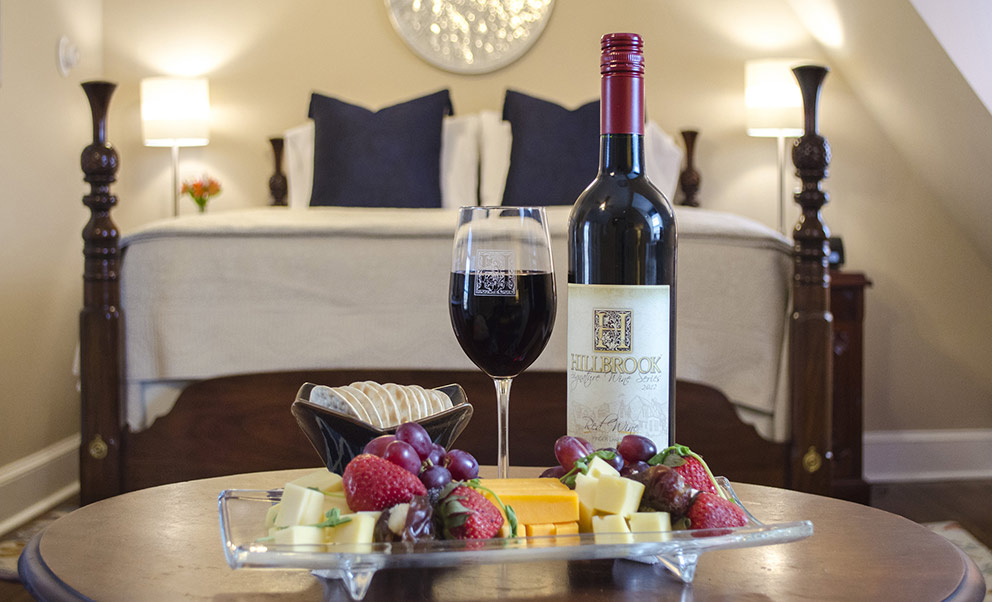

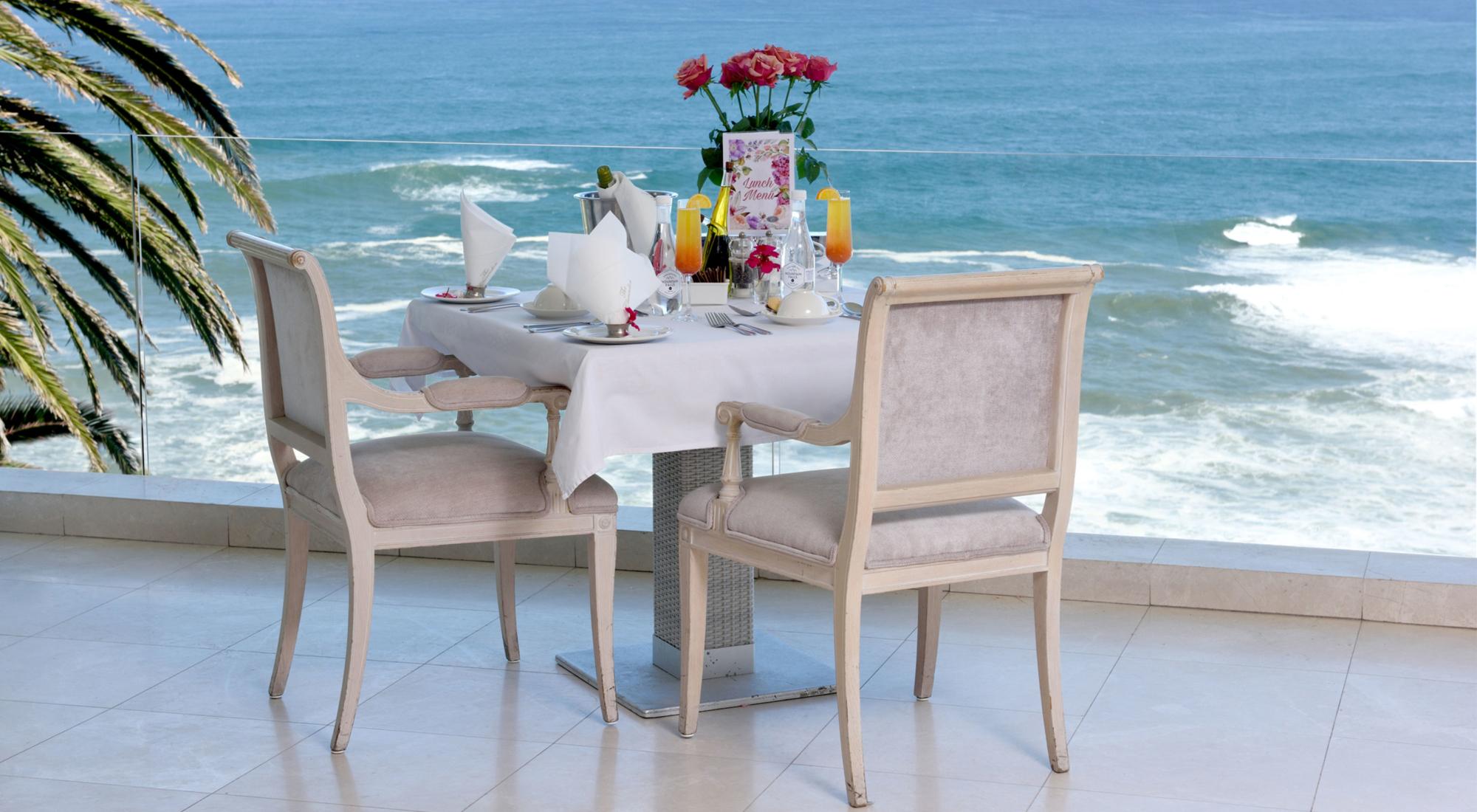


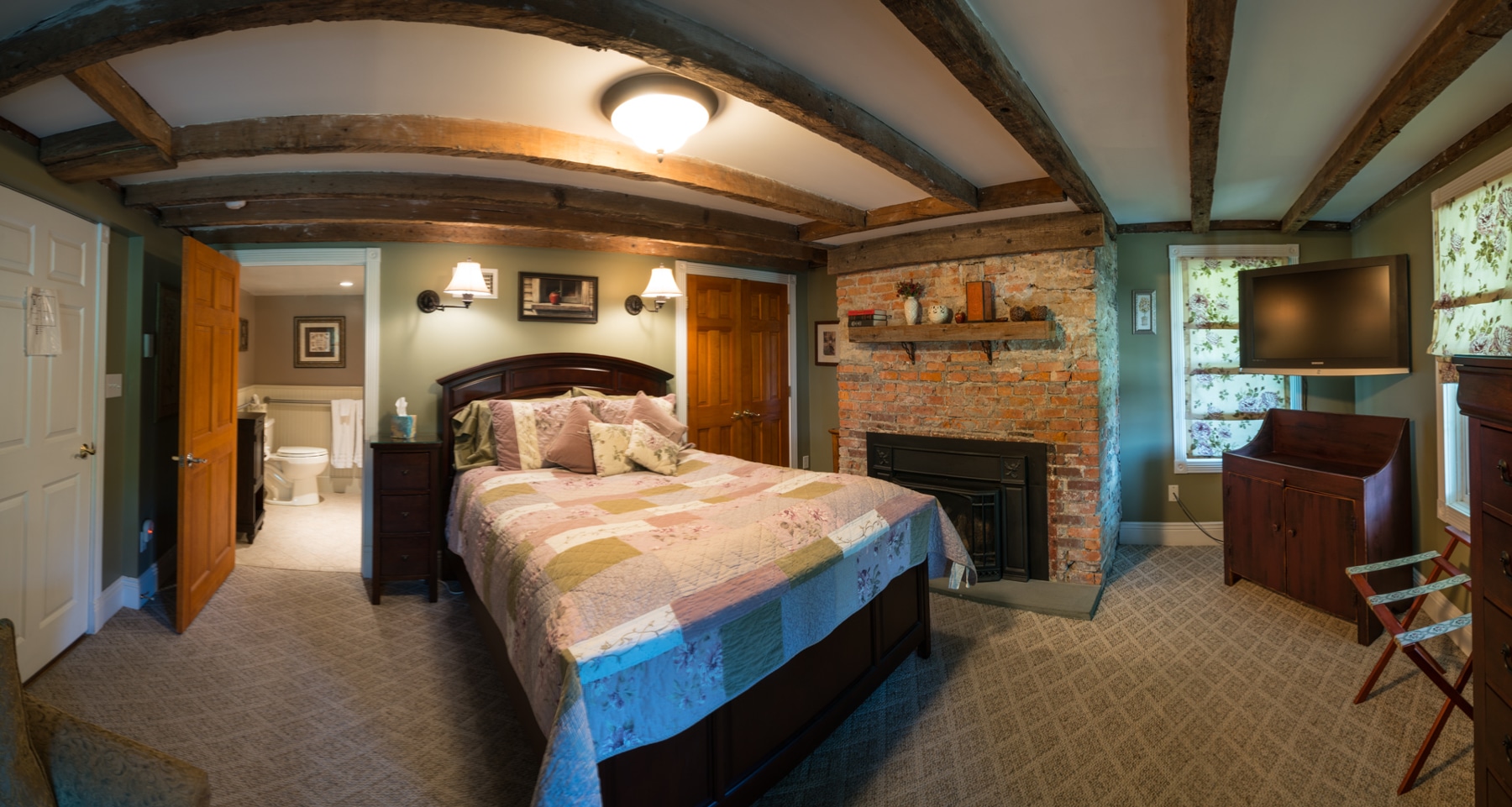
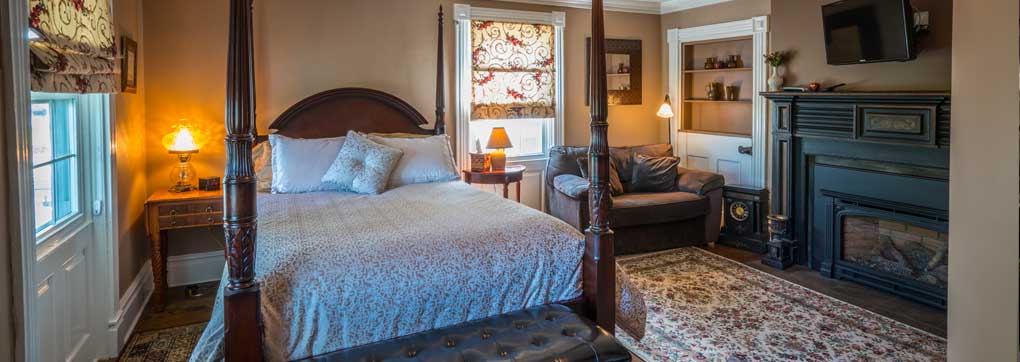
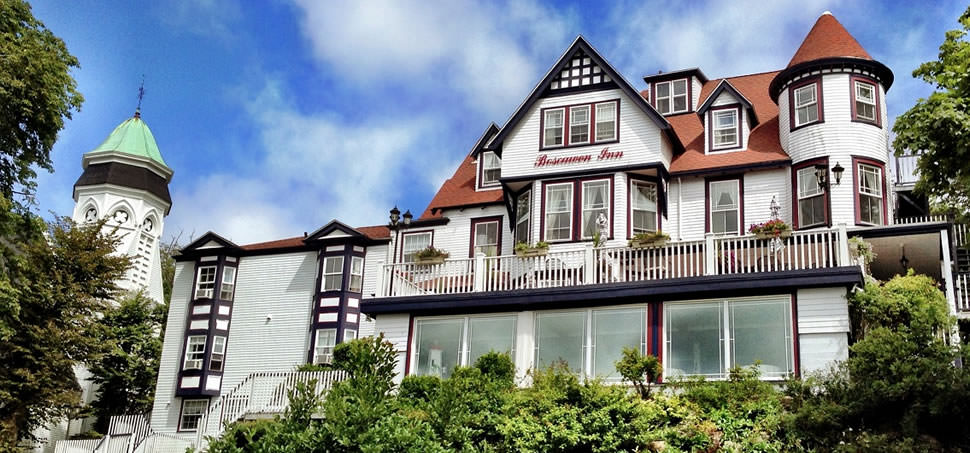
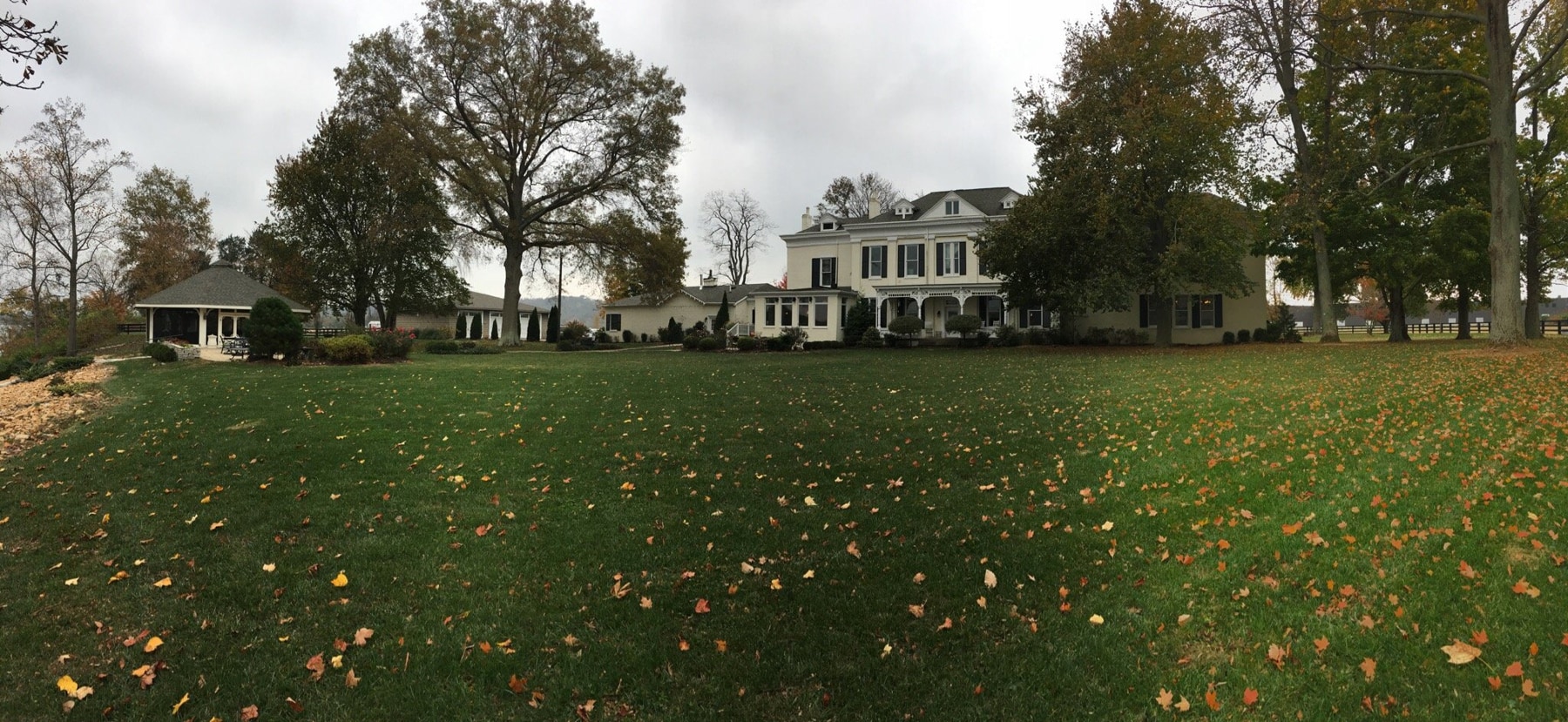


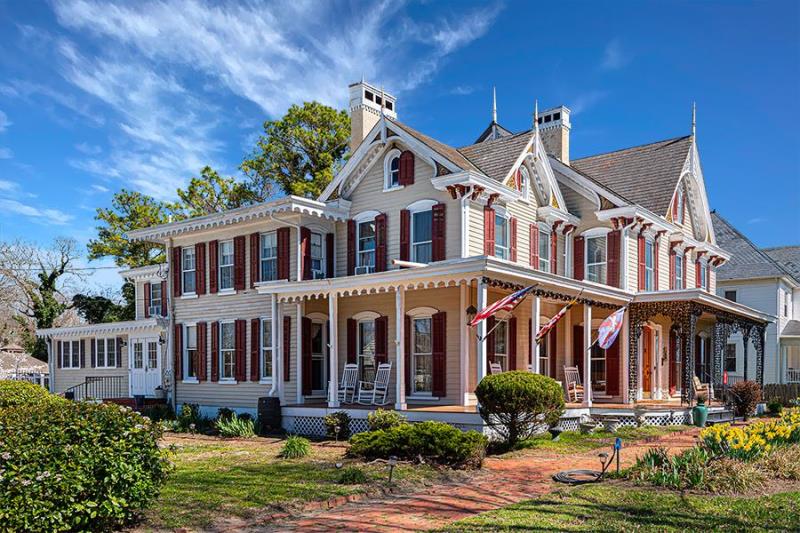
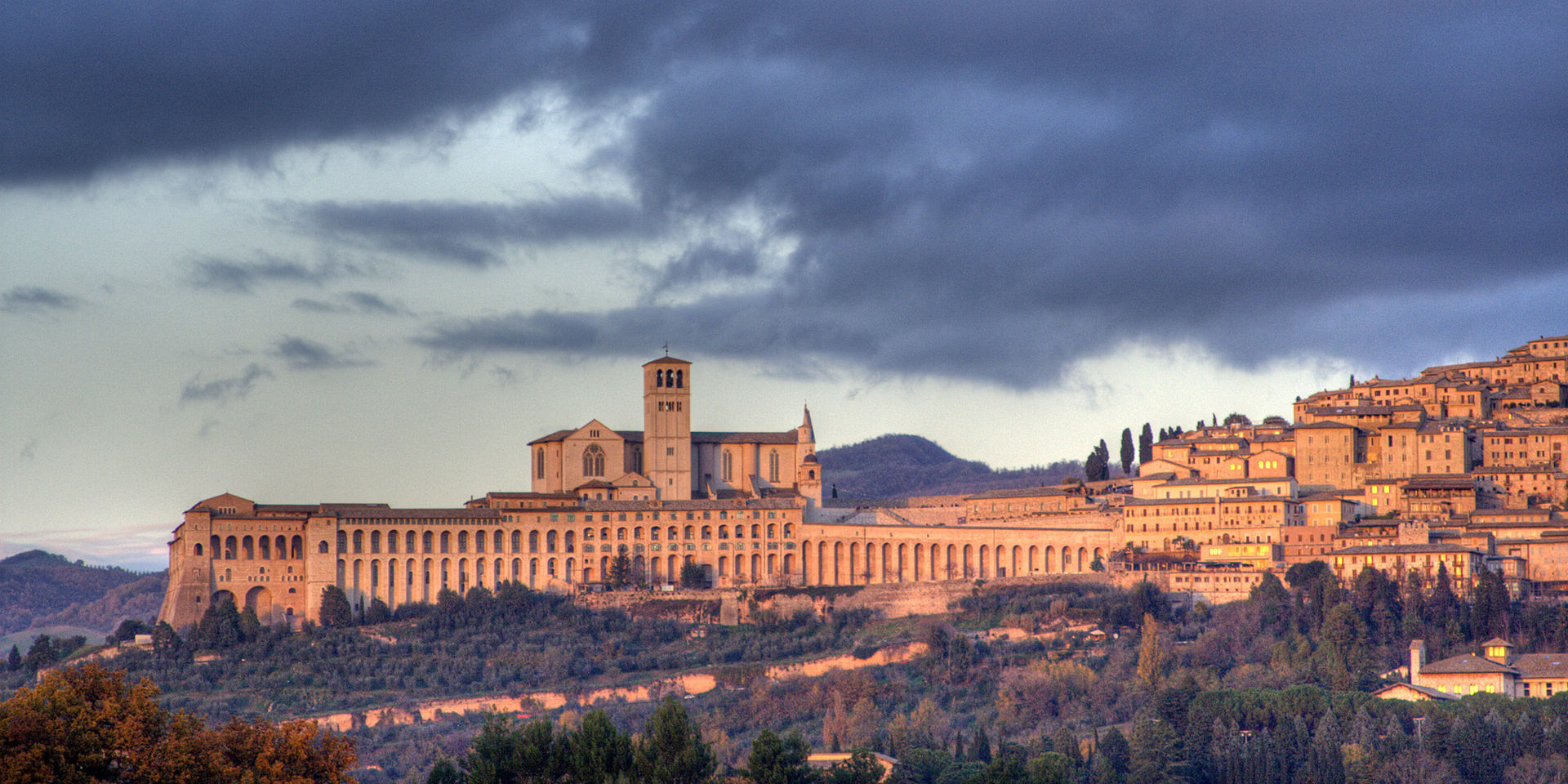
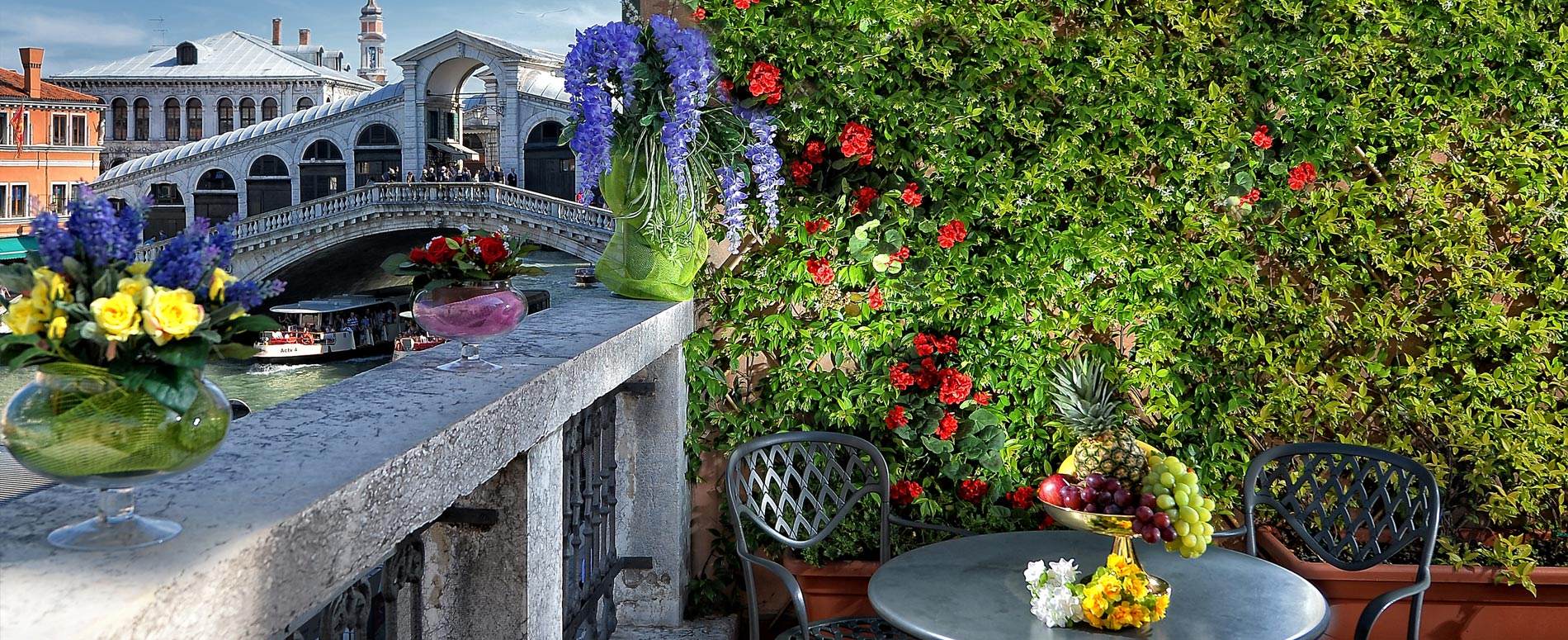
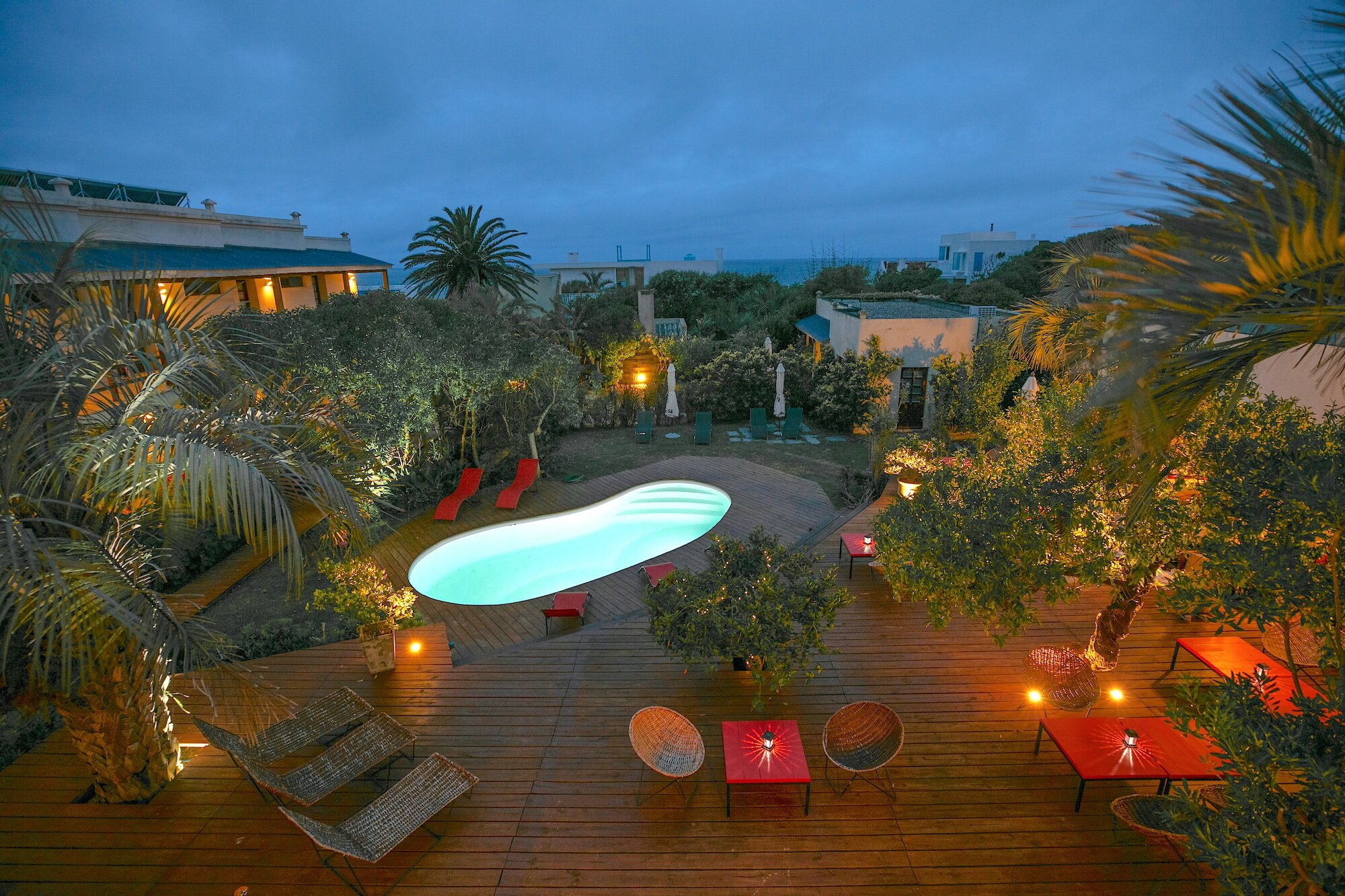
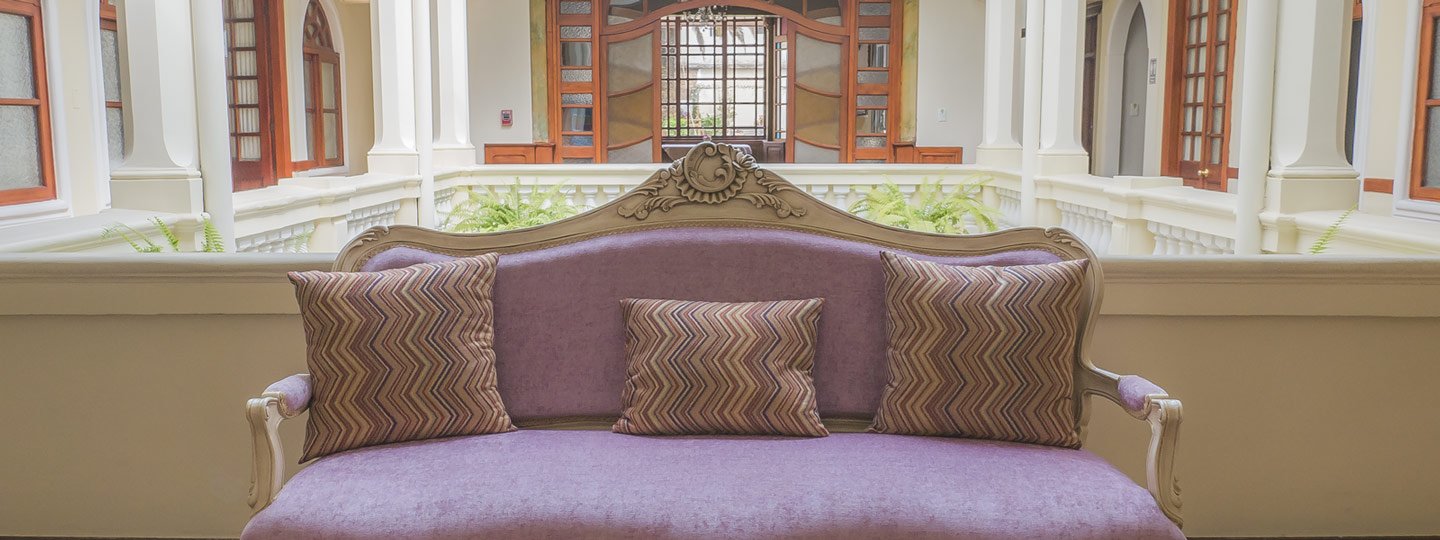
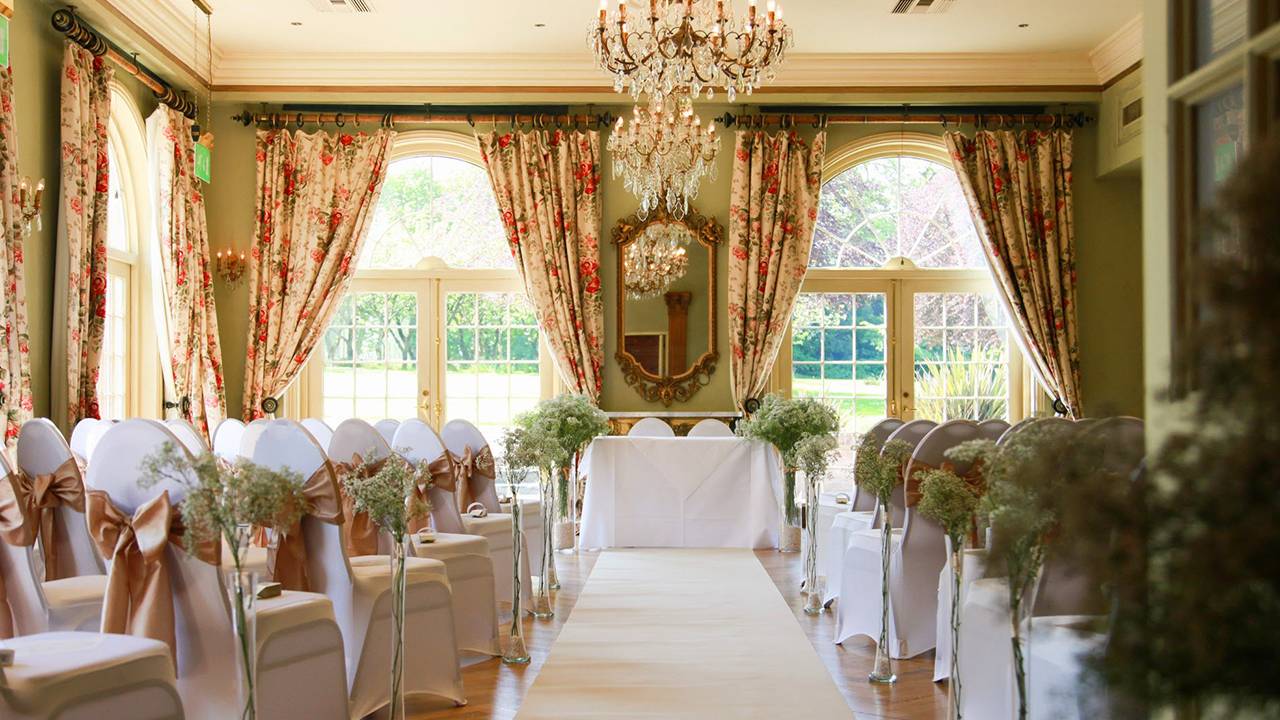
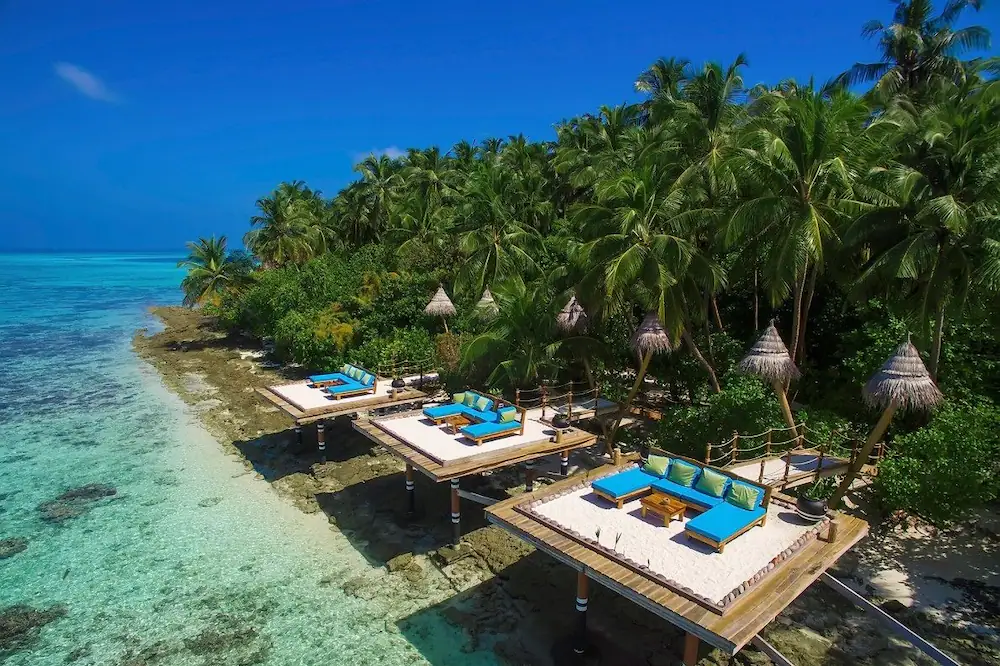
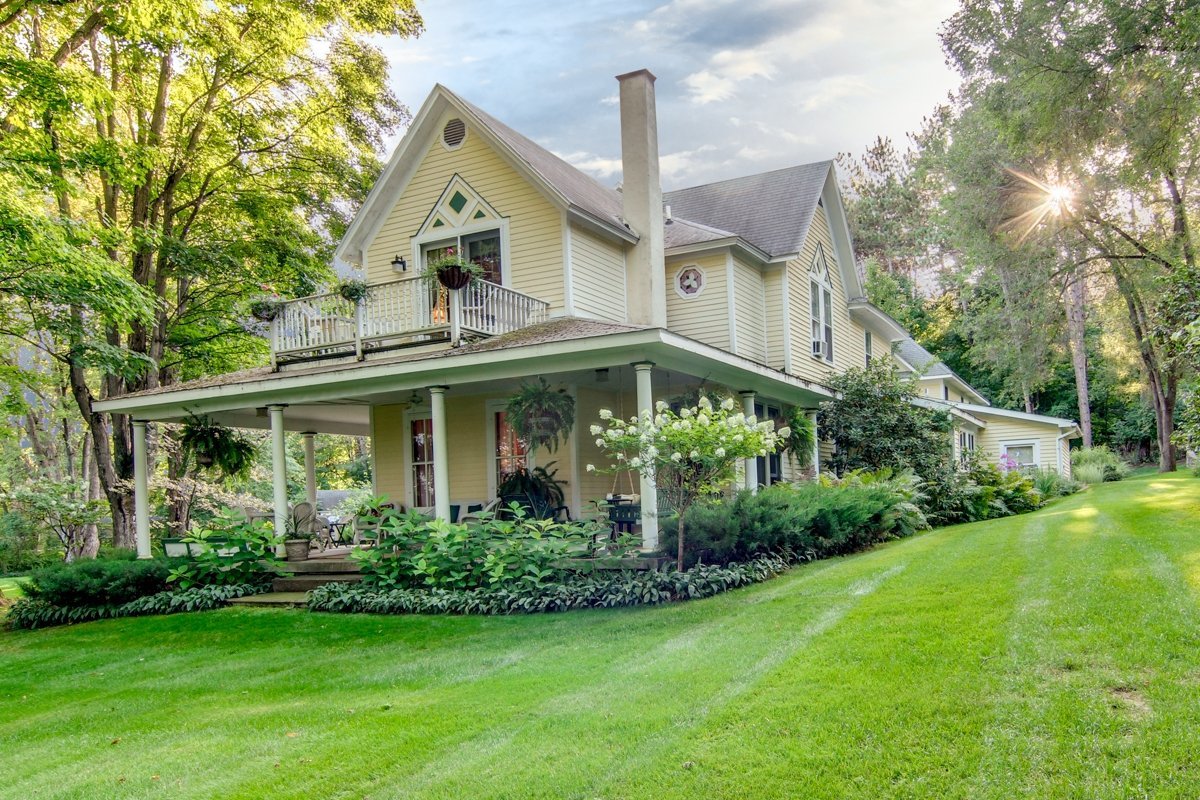
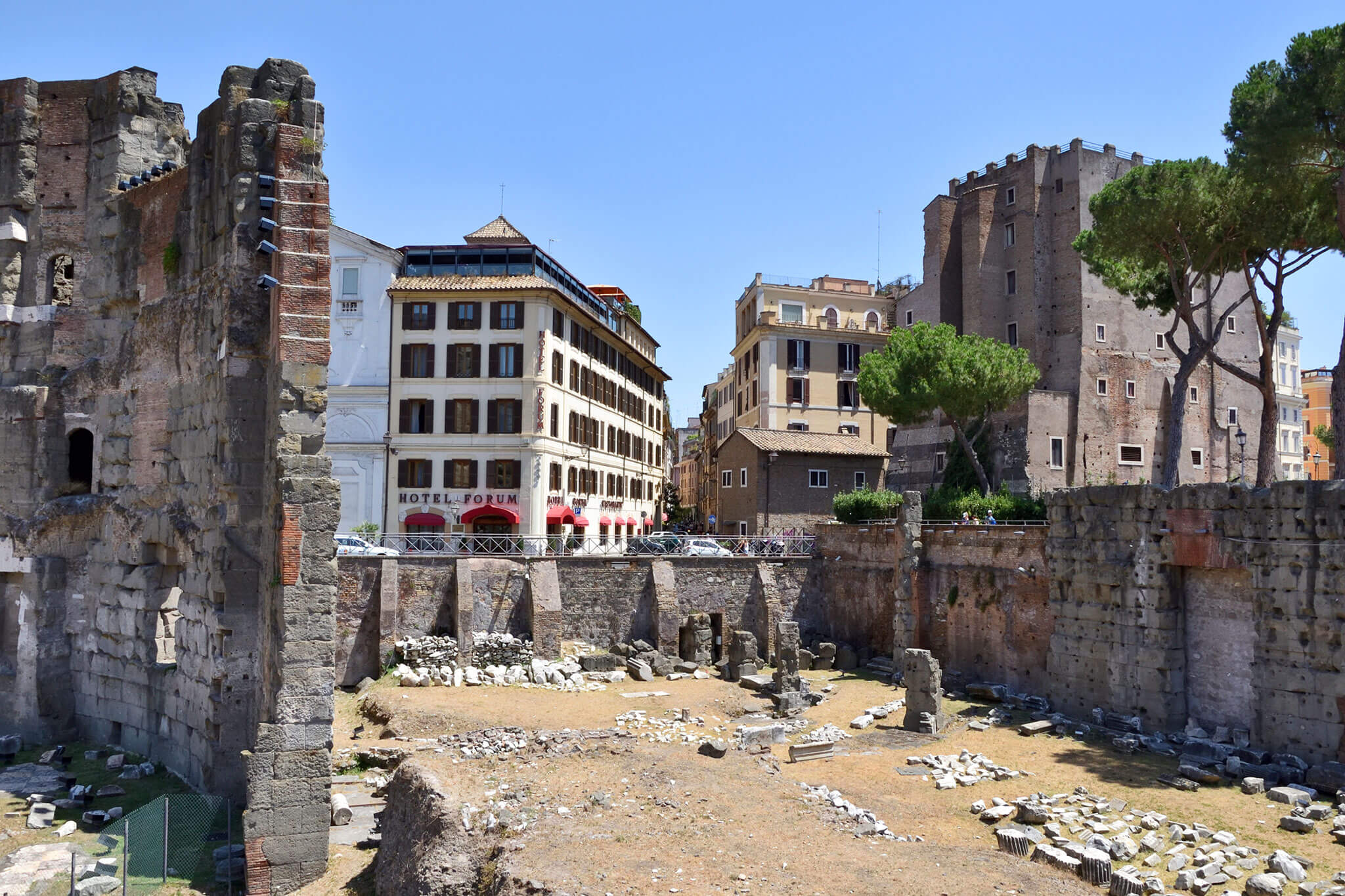
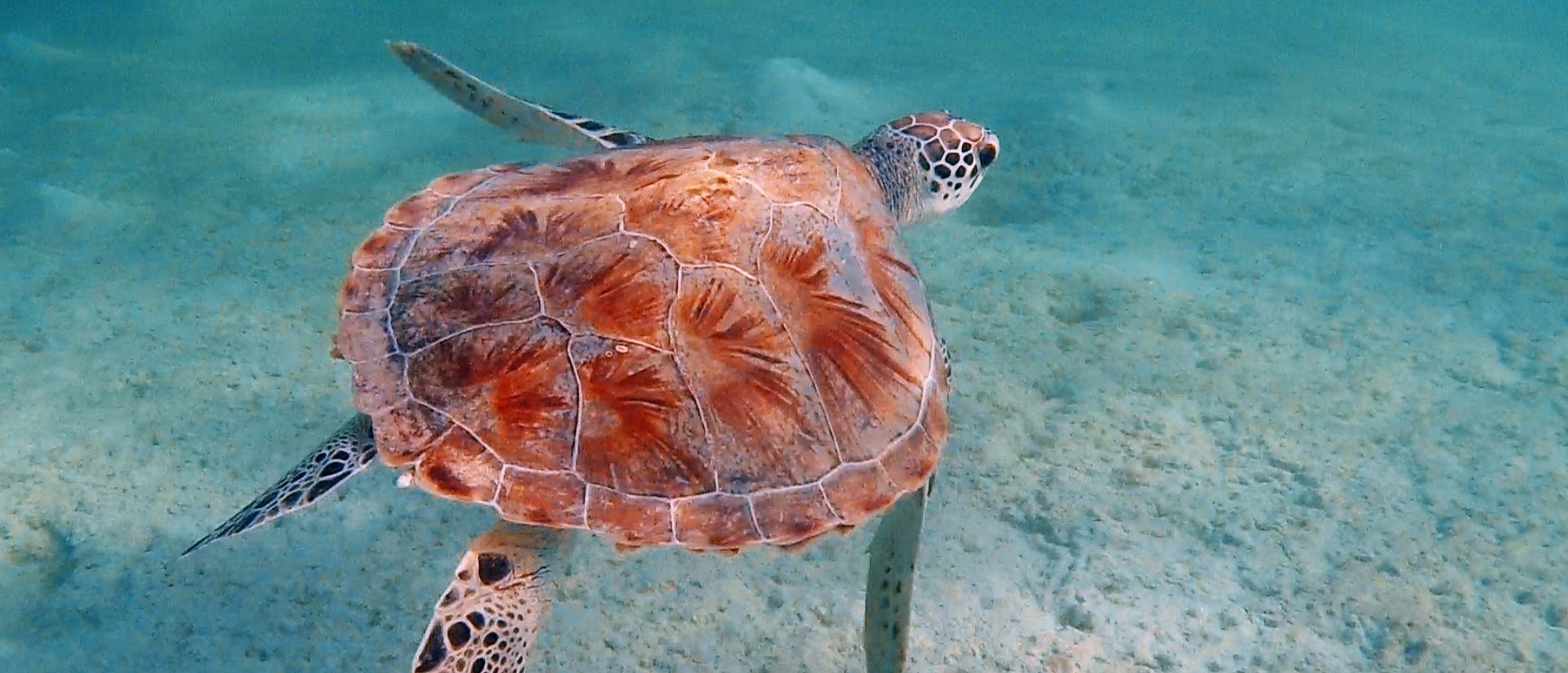
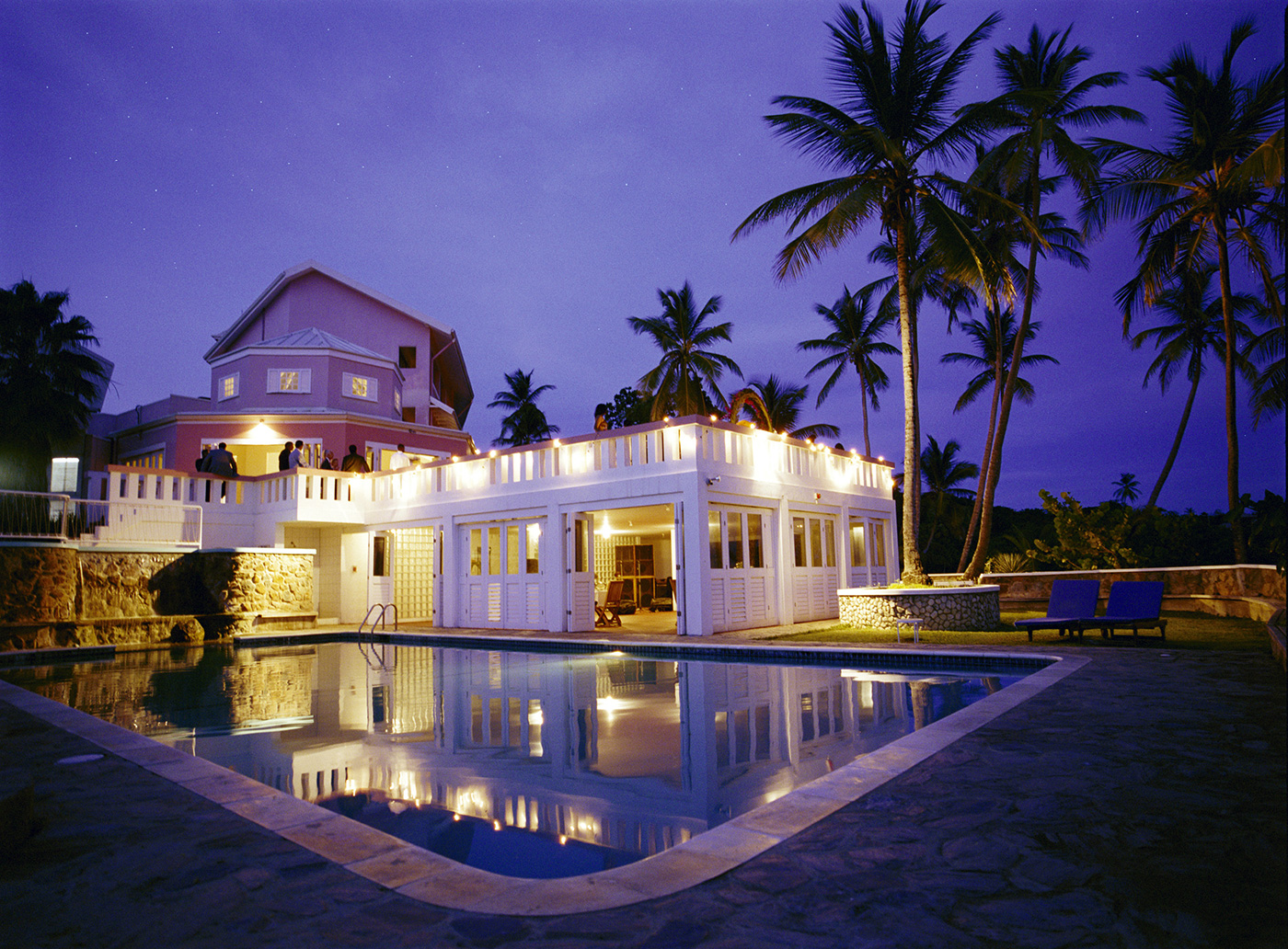
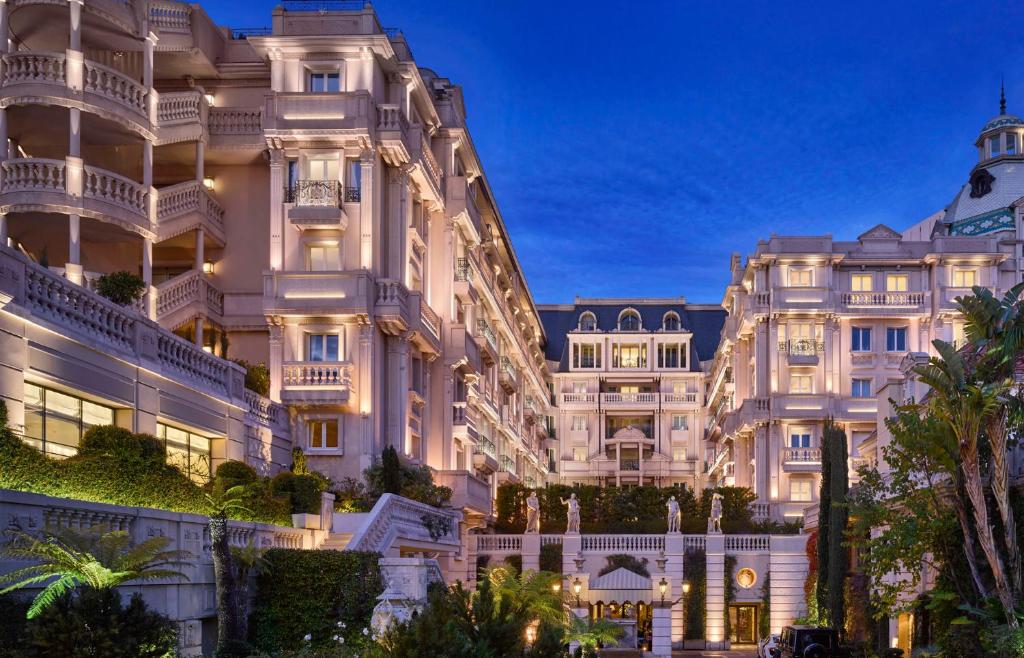
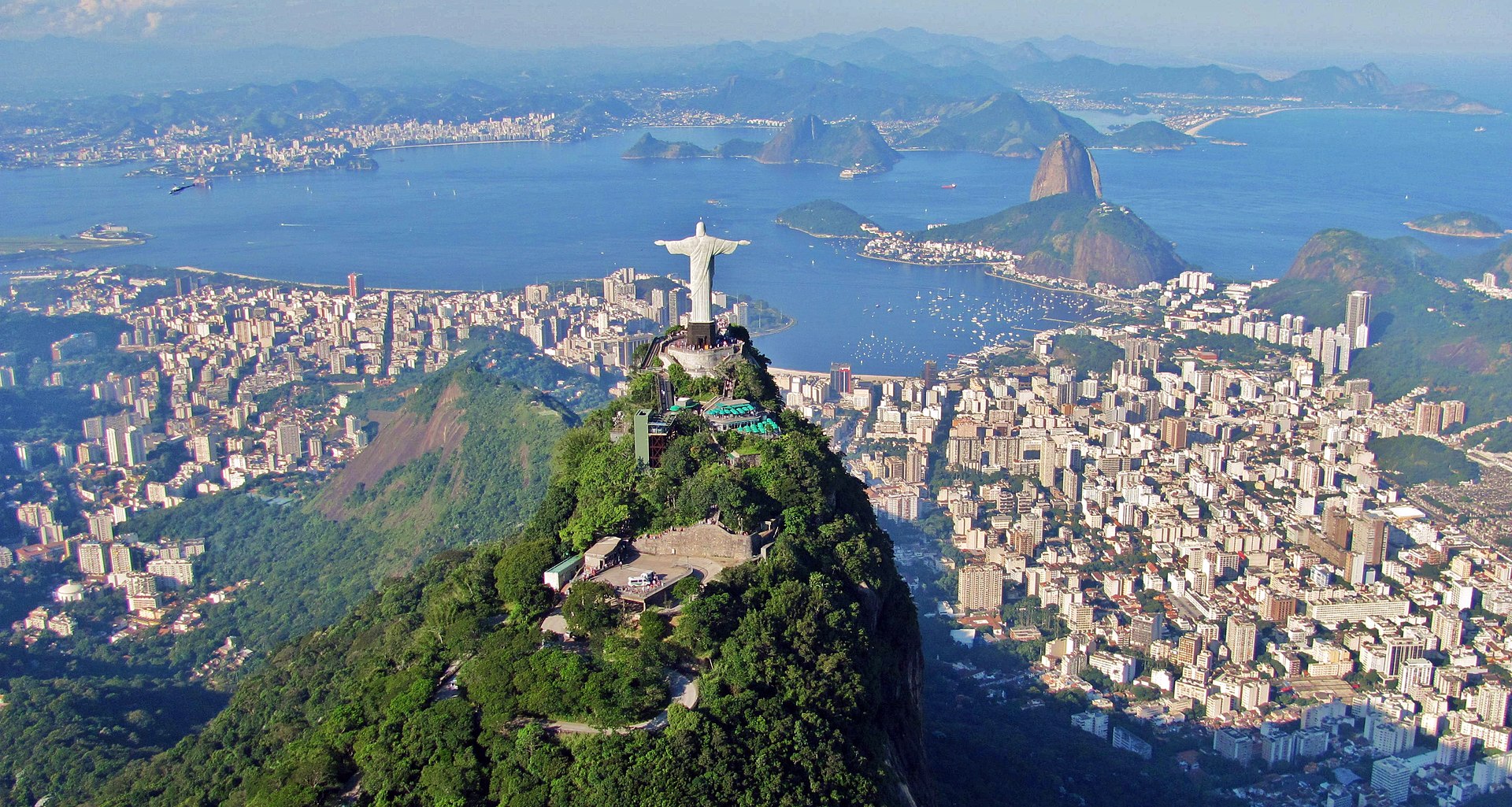
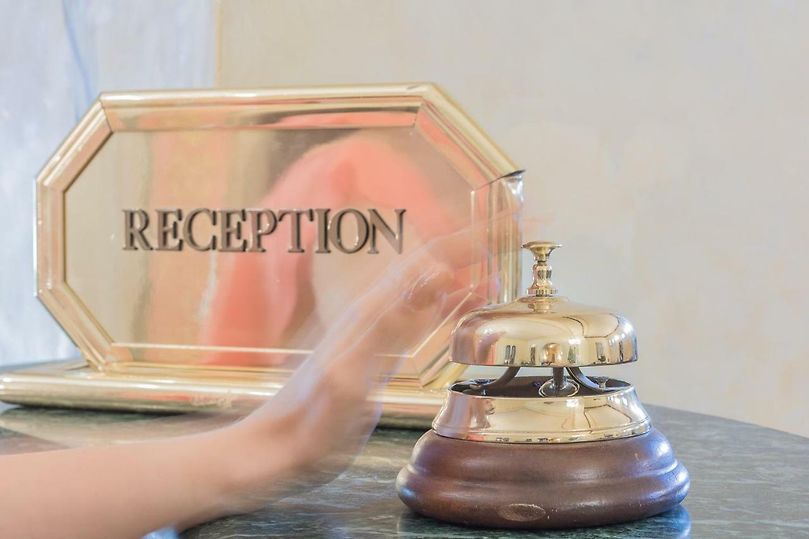
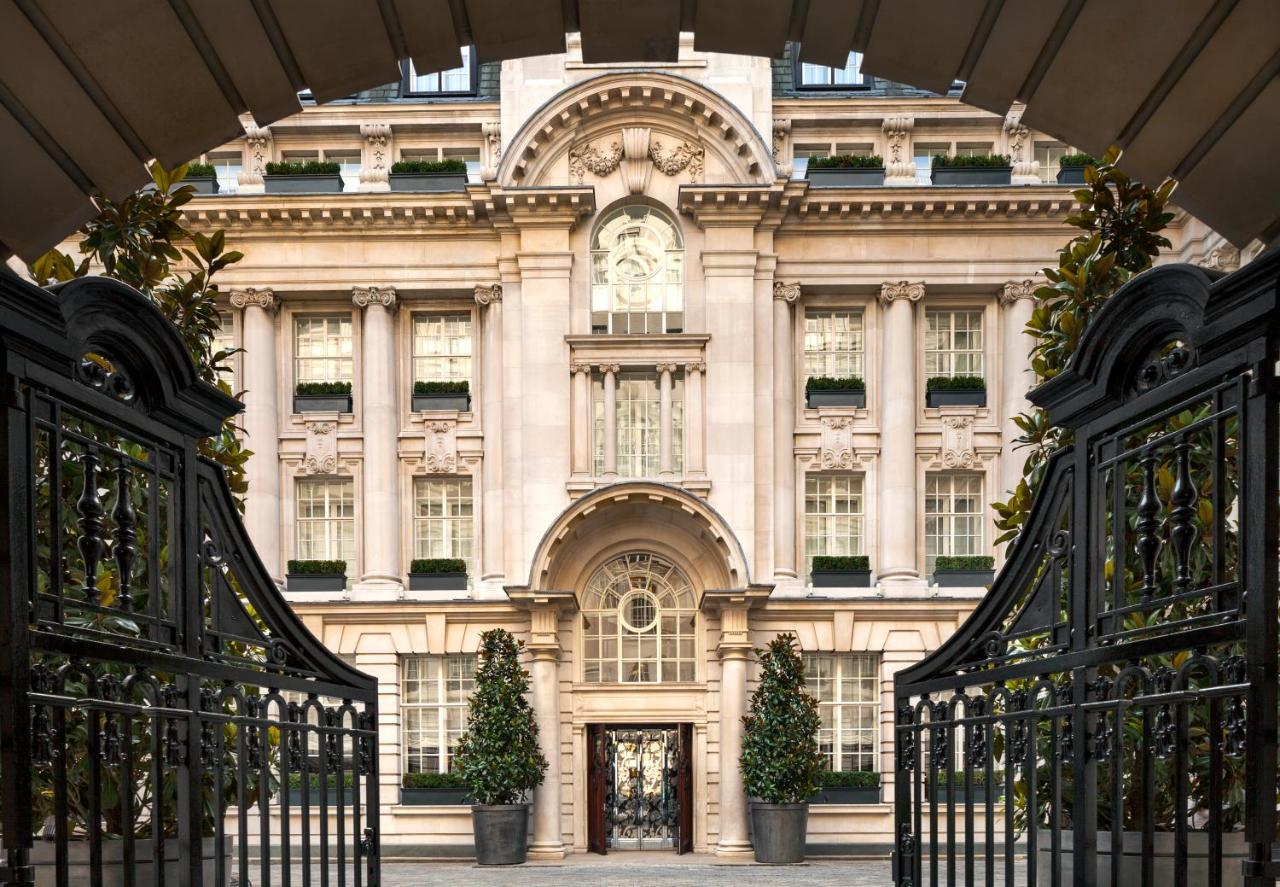
Auzelles, Auvergne-Rhône-Alpes, France
Agent: Cliff Jacobs - Managing Principal Estate Agent & CEO (Nat.Dpl.Hotel Man (UJ). M.P.R.E.)
Agent Cellphone: +27 (0) 84 413 1071 / +27 (0) 61 716 6951
Agent Office Number: +27 (0) 84 413 1071
Agent Email Address: cliff@exquisitehotelconsultants.com
Type: Boutique Hotel
Bedrooms: 5
Bathrooms: 5
Showers: 5
Parking: 6
Yield: Not Disclosed
TGCSA Rating:

Auxelles
Auzelles ( French pronunciation: [ ozɛl] ) is a commune in the Puy-de-Dôme department in Auvergne-Rhône-Alpes in central France.
Puy-de-Dome department
Departments of France
In the administrative divisions of France, the department is one of the three levels of government under the national level ("territorial collectivities"), between the administrative regions and the communes. Ninety-six departments are in metropolitan France, and five are overseas departments, which are also classified as overseas regions. Departments are further subdivided into 332 arrondissements, and these are divided into cantons. The last two levels of government have no autonomy, instead serving as the basis of local organisation of police, fire departments and, sometimes, administration of elections.
Each department is administered by an elected body called a departmental council (conseil départemental [sing.], conseils départementaux [plur.]). From 1800 to April 2015, these were called general councils (conseil général [sing.] conseils généraux [plur.]). Each council has a president. Their main areas of responsibility include the management of a number of social and welfare allowances, of junior high school (collège) buildings and technical staff, and local roads and school and rural buses, and a contribution to municipal infrastructures. Local services of the state administration are traditionally organised at departmental level, where the prefect represents the government; however, regions have gained importance since the 2000s, with some department-level services merged into region-level services.
The departments were created in 1790 as a rational replacement of Ancien Régime provinces with a view to strengthen national unity; the title "department" is used to mean a part of a larger whole. Almost all of them were named after physical geographical features (rivers, mountains, or coasts), rather than after historical or cultural territories, which could have their own loyalties, or after their own administrative seats. The division of France into departments was a project particularly identified with the French revolutionary leader the Abbé Sieyès, although it had already been frequently discussed and written about by many politicians and thinkers. The earliest known suggestion of it is from 1665 in the writings of d'Argenson. They have inspired similar divisions in many countries, some of them former French colonies. The 1822 territorial division of Spain (reverted due to the 1823 French intervention ending the trienio liberal) and the 1833 territorial division of Spain, which forms the basis of the present day Provinces of Spain with minor modifications is also based on the French model of departments of roughly equal size.
Most French departments are assigned a two-digit number, the Official Geographical Code, allocated by the Institut national de la statistique et des études économiques (Insée). Overseas departments have a three-digit number. The number is used, for example, in the postal code and was until recently used for all vehicle registration plates. Residents commonly use the numbers to refer to their own department or a neighbouring one, for example inhabitants of Loiret may refer to their department as "the 45". More distant departments are generally referred to by their names, as few people know the numbers of all the departments.
In 2014, President François Hollande proposed abolishing departmental councils by 2020, which would have maintained the departments as administrative divisions, and transferring their powers to other levels of governance. This reform project has since been scrapped.
Auvergne-Rhône-Alpes
Auvergne-Rhône-Alpes is a region in southeast-central France created by the 2014 territorial reform of French regions; it resulted from the merger of Auvergne and Rhône-Alpes. The new region came into effect on 1 January 2016, after the regional elections in December 2015.
The region covers an area of 69,711 km2 (26,916 sq mi), making it the third largest in metropolitan France; it had a population of 7,994,459 in 2018, second to Île-de-France. It consists of twelve departments and one territorial collectivity (Lyon Metropolis) with Lyon as the prefecture.
This new region combines diverse geographical, sociological, economic and cultural regions, which was already true of Rhône-Alpes, as well as Auvergne, to a lesser extent. While the old Rhône-Alpes and Auvergne regions each enjoyed a unity defined by axes of communication and the pull of their respective metropoles, the new combination is heterogeneous; it sustained lively opposition from some local officials after its creation.
Location
The Auvergne-Rhône-Alpes administrative region covers an area of 69 711 km2 in the centre and east of the south of France. It is a collection of regions of diverse topographies, climates, natural resources, cultures, folklore, architecture, and languages. It is bordered by five other administrative regions: Bourgogne-Franche-Comté to the north, Centre-Val de Loire to the northwest, Nouvelle-Aquitaine to the west, Occitanie to the south-west, and Provence-Alpes-Côte d'Azur to the south-east. It is also bordered by Italy (Aosta Valley and Piedmont) to the east and Switzerland (Cantons of Geneva, Valais, and Vaud) to the north-east.
Economy
The Gross domestic product (GDP) of the region was 270.0 billion euros (327.0 billion dollars) in 2018, accounting for 11.9% of French economic output. GDP per capita adjusted for purchasing power was 30,200 euros or 100% of the EU27 average in the same year. The GDP per employee was 109% of the EU average.
Politics
The region is governed by the Regional Council of Auvergne-Rhône-Alpes consisting of 204 members. The current regional council was elected in regional elections on 20 and 27 June 2021, with the list of Laurent Wauquiez consisting of The Republicans (LR), and the Union of Democrats and Independents (UDI) securing an absolute majority of 136 seats.
France
France, officially the French Republic is a country located primarily in Western Europe. It also includes overseas regions and territories in the Americas and the Atlantic, Pacific and Indian Oceans, giving it one of the largest discontiguous exclusive economic zones in the world. Its metropolitan area extends from the Rhine to the Atlantic Ocean and from the Mediterranean Sea to the English Channel and the North Sea; overseas territories include French Guiana in South America, Saint Pierre and Miquelon in the North Atlantic, the French West Indies, and many islands in Oceania and the Indian Ocean. Its eighteen integral regions (five of which are overseas) span a combined area of 643,801 km2 (248,573 sq mi) and had a total population of over 68 million as of January 2023. France is a unitary semi-presidential republic with its capital in Paris, the country's largest city and main cultural and commercial centre; other major urban areas include Marseille, Lyon, Toulouse, Lille, Bordeaux, and Nice.
Inhabited by archaic humans since the Paleolithic era, the territory of Metropolitan France was settled during the Iron Age by Celtic tribes known as Gauls. Rome annexed the area in 51 BC, leading to a distinct Gallo-Roman culture that laid the foundation of the French language. The Germanic Franks formed the Kingdom of Francia, which became the heartland of the Carolingian Empire. The Treaty of Verdun of 843 partitioned the empire, with West Francia becoming the Kingdom of France in 987. In the High Middle Ages, France was a powerful but highly decentralised feudal kingdom. Philip II successfully strengthened royal power and defeated his rivals to double the size of the crown lands; by the end of his reign, France had emerged as the most powerful state in Europe. From the mid-14th to the mid-15th century, France was plunged into a series of dynastic conflicts involving England, collectively known as the Hundred Years' War, and a distinct French identity emerged as a result. The French Renaissance saw art and culture flourish, conflict with the House of Habsburg, and the establishment of a French colonial empire, which by the 20th century would become the second-largest in the world. The second half of the 16th century was dominated by religious civil wars between Catholics and Huguenots that severely weakened the country. France again emerged as Europe's dominant power in the 17th century under Louis XIV following the Thirty Years' War. Inadequate economic policies, inequitable taxes and frequent wars (notably a defeat in the Seven Years' War and costly involvement in the American War of Independence) left the kingdom in a precarious economic situation by the end of the 18th century. This precipitated the French Revolution of 1789, which overthrew the Ancien Régime and produced the Declaration of the Rights of Man, which expresses the nation's ideals to this day.
France reached its political and military zenith in the early 19th century under Napoleon Bonaparte, subjugating much of continental Europe and establishing the First French Empire. The French Revolutionary and Napoleonic Wars shaped the course of European and world history. The collapse of the empire initiated a period of relative decline, in which France endured a tumultuous succession of governments until the founding of the French Third Republic during the Franco-Prussian War in 1870. Subsequent decades saw a period of optimism, cultural and scientific flourishing, as well as economic prosperity, known as the Belle Époque. France was one of the major participants of World War I, from which it emerged victorious at a great human and economic cost. It was among the Allied powers of World War II but was soon occupied by the Axis in 1940. Following liberation in 1944, the short-lived Fourth Republic was established and later dissolved in the course of the Algerian War. The current Fifth Republic was formed in 1958 by Charles de Gaulle. Algeria and most French colonies became independent in the 1960s, with the majority retaining close economic and military ties with France.
France retains its centuries-long status as a global centre of art, science and philosophy. It hosts the fifth-largest number of UNESCO World Heritage Sites and is the world's leading tourist destination, receiving over 89 million foreign visitors in 2018. France is a developed country with the world's seventh-largest economy by nominal GDP and tenth-largest by PPP. It remains a great power in global affairs, being one of the five permanent members of the United Nations Security Council and an official nuclear-weapon state. France is a founding and leading member of the European Union and the Eurozone, as well as a key member of the Group of Seven, North Atlantic Treaty Organization (NATO), Organisation for Economic Co-operation and Development (OECD) and Francophonie.
Prehistory (before the 6th century BC)
After strong demographic and agricultural development between the 4th and 3rd millennia, metallurgy appeared at the end of the 3rd millennium, initially working gold, copper and bronze, as well as later iron. France has numerous megalithic sites from the Neolithic period, including the exceptionally dense Carnac stones site.
Antiquity (6th century BC–5th century AD)
In 600 BC, Ionian Greeks from Phocaea founded the colony of Massalia (present-day Marseille), on the shores of the Mediterranean Sea. This makes it France's oldest city.At the same time, some Gallic Celtic tribes penetrated parts of Eastern and Northern France, gradually spreading through the rest of the country between the 5th and 3rd century BC. The concept of Gaul emerged during this period, corresponding to the territories of Celtic settlement ranging between the Rhine, the Atlantic Ocean, the Pyrenees and the Mediterranean. The borders of modern France roughly correspond to ancient Gaul, which was inhabited by Celtic Gauls. Gaul was then a prosperous country, of which the southernmost part was heavily subject to Greek and Roman cultural and economic influences.
Around 390 BC, the Gallic chieftain Brennus and his troops made their way to Italy through the Alps, defeated the Romans in the Battle of the Allia, and besieged and ransomed Rome. The Gallic invasion left Rome weakened, and the Gauls continued to harass the region until 345 BC when they entered into a formal peace treaty with Rome. But the Romans and the Gauls would remain adversaries for the next centuries, and the Gauls would continue to be a threat in Italy.
Around 125 BC, the south of Gaul was conquered by the Romans, who called this region Provincia Nostra ("Our Province"), which over time evolved into the name Provence in French. Julius Caesar conquered the remainder of Gaul and overcame a revolt carried out by the Gallic chieftain Vercingetorix in 52 BC.
Gaul was divided by Augustus into Roman provinces. Many cities were founded during the Gallo-Roman period, including Lugdunum (present-day Lyon), which is considered the capital of the Gauls. These cities were built in traditional Roman style, with a forum, a theatre, a circus, an amphitheatre and thermal baths. The Gauls mixed with Roman settlers and eventually adopted Roman culture and Roman speech (Latin, from which the French language evolved). Roman polytheism merged with Gallic paganism into the same syncretism.
From the 250s to the 280s AD, Roman Gaul suffered a serious crisis with its fortified borders being attacked on several occasions by barbarians. Nevertheless, the situation improved in the first half of the 4th century, which was a period of revival and prosperity for Roman Gaul. In 312, Emperor Constantine I converted to Christianity. Subsequently, Christians, who had been persecuted until then, increased rapidly across the entire Roman Empire. But, from the beginning of the 5th century, the Barbarian Invasions resumed. Teutonic tribes invaded the region from present-day Germany, the Visigoths settling in the southwest, the Burgundians along the Rhine River Valley, and the Franks (from whom the French take their name) in the north.
Early Middle Ages
At the end of the Antiquity period, ancient Gaul was divided into several Germanic kingdoms and a remaining Gallo-Roman territory, known as the Kingdom of Syagrius. Simultaneously, Celtic Britons, fleeing the Anglo-Saxon settlement of Britain, settled in the western part of Armorica. As a result, the Armorican peninsula was renamed Brittany, Celtic culture was revived and independent petty kingdoms arose in this region.
The first leader to make himself king of all the Franks was Clovis I, who began his reign in 481, routing the last forces of the Roman governors of the province in 486. Clovis claimed that he would be baptised a Christian in the event of his victory against the Visigoths, which was said to have guaranteed the battle. Clovis regained the southwest from the Visigoths, was baptised in 508 and made himself master of what is now western Germany.
Clovis I was the first Germanic conqueror after the fall of the Roman Empire to convert to Catholic Christianity, rather than Arianism; thus France was given the title "Eldest daughter of the Church" (French: La fille aînée de l'Église) by the papacy,and French kings would be called "the Most Christian Kings of France" (Rex Christianissimus).
The Franks embraced the Christian Gallo-Roman culture and ancient Gaul was eventually renamed Francia ("Land of the Franks"). The Germanic Franks adopted Romanic languages, except in northern Gaul where Roman settlements were less dense and where Germanic languages emerged. Clovis made Paris his capital and established the Merovingian dynasty, but his kingdom would not survive his death. The Franks treated land purely as a private possession and divided it among their heirs, so four kingdoms emerged from that of Clovis: Paris, Orléans, Soissons, and Rheims. The last Merovingian kings lost power to their mayors of the palace (head of household). One mayor of the palace, Charles Martel, defeated an Umayyad invasion of Gaul at the Battle of Tours (732) and earned respect and power within the Frankish kingdoms. His son, Pepin the Short, seized the crown of Francia from the weakened Merovingians and founded the Carolingian dynasty. Pepin's son, Charlemagne, reunited the Frankish kingdoms and built a vast empire across Western and Central Europe.
Proclaimed Holy Roman Emperor by Pope Leo III and thus establishing in earnest the French Government's longtime historical association with the Catholic Church, Charlemagne tried to revive the Western Roman Empire and its cultural grandeur. Charlemagne's son, Louis I (Emperor 814–840), kept the empire united; however, this Carolingian Empire would not survive his death. In 843, under the Treaty of Verdun, the empire was divided between Louis' three sons, with East Francia going to Louis the German, Middle Francia to Lothair I, and West Francia to Charles the Bald. West Francia approximated the area occupied by and was the precursor to, modern France.
During the 9th and 10th centuries, continually threatened by Viking invasions, France became a very decentralised state: the nobility's titles and lands became hereditary, and the authority of the king became more religious than secular and thus was less effective and constantly challenged by powerful noblemen. Thus was established feudalism in France. Over time, some of the king's vassals would grow so powerful that they often posed a threat to the king. For example, after the Battle of Hastings in 1066, William the Conqueror added "King of England" to his titles, becoming both the vassal to (as Duke of Normandy) and the equal of (as king of England) the king of France, creating recurring tensions.
High and Late Middle Ages (10th–15th century)
The French nobility played a prominent role in most Crusades to restore Christian access to the Holy Land. French knights made up the bulk of the steady flow of reinforcements throughout the two-hundred-year span of the Crusades, in such a fashion that the Arabs uniformly referred to the crusaders as Franj caring little whether they came from France. The French Crusaders also imported the French language into the Levant, making French the base of the lingua franca (lit. "Frankish language") of the Crusader states. French knights also made up the majority in both the Hospital and the Temple orders. The latter, in particular, held numerous properties throughout France and by the 13th century were the principal bankers for the French crown, until Philip IV annihilated the order in 1307. The Albigensian Crusade was launched in 1209 to eliminate the heretical Cathars in the southwestern area of modern-day France. In the end, the Cathars were exterminated and the autonomous County of Toulouse was annexed into the crown lands of France.
From the 11th century, the House of Plantagenet, the rulers of the County of Anjou, succeeded in establishing its dominion over the surrounding provinces of Maine and Touraine, then progressively built an "empire" that spanned from England to the Pyrenees and covering half of modern France. Tensions between the kingdom of France and the Plantagenet empire would last a hundred years, until Philip II of France conquered, between 1202 and 1214, most of the continental possessions of the empire, leaving England and Aquitaine to the Plantagenets.
Charles IV the Fair died without an heir in 1328. Under Salic law the crown of France could not pass to a woman nor could the line of kingship pass through the female line. Accordingly, the crown passed to Philip of Valois, rather than through the female line to Edward of Plantagenet, who would soon become Edward III of England. During the reign of Philip of Valois, the French monarchy reached the height of its medieval power. However Philip's seat on the throne was contested by Edward III of England in 1337, and England and France entered the off-and-on Hundred Years' War. The exact boundaries changed greatly with time, but landholdings inside France by the English Kings remained extensive for decades. With charismatic leaders, such as Joan of Arc and La Hire, strong French counterattacks won back most English continental territories. Like the rest of Europe, France was struck by the Black Death due to which half of the 17 million population of France died.
Early modern period (15th century–1789)
Under Louis XIII, Cardinal Richelieu promoted the centralisation of the state and reinforced royal power by disarming domestic power holders in the 1620s. He systematically destroyed castles of defiant lords and denounced the use of private violence (duelling, carrying weapons and maintaining private armies). By the end of the 1620s, Richelieu established "the royal monopoly of force" as the doctrine.
From the 16th to the 19th century, France was responsible for 11% of the transatlantic slave trade, second only to Great Britain during the 18th century. While the state began condoning the practice with letters patent in the 1630s, Louis XIII only formalized this authorization more generally in 1642 in the last year of his reign. By the mid-18th century, Nantes had become the primary port involved.
During Louis XIV's minority and the regency of Queen Anne and Cardinal Mazarin, a period of trouble known as the Fronde occurred in France. This rebellion was driven by the great feudal lords and sovereign courts as a reaction to the rise of royal absolute power in France.
The monarchy reached its peak during the 17th century and the reign of Louis XIV (1643–1715). By turning powerful feudal lords into courtiers at the Palace of Versailles, his command of the military went unchallenged. Remembered for numerous wars, the so-called Sun King made France the leading European power. France became the most populous country in Europe and had tremendous influence over European politics, economy, and culture. French became the most-used language in diplomacy, science, literature and international affairs, and remained so until the 20th century. During his reign, France took colonial control of many overseas territories in the Americas, Africa and Asia. In 1685, Louis XIV revoked the Edict of Nantes, forcing thousands of Huguenots into exile and published the Code Noir providing the legal framework for slavery and expelling Jewish people from the French colonies.
Under the wars of Louis XV (r. 1715–1774), France lost New France and most of its Indian possessions after its defeat in the Seven Years' War (1756–1763). Its European territory kept growing, however, with notable acquisitions such as Lorraine (1766) and Corsica (1770). An unpopular king, Louis XV's weak rule, his ill-advised financial, political and military decisions – as well as the debauchery of his court– discredited the monarchy, which arguably paved the way for the French Revolution 15 years after his death.
Louis XVI (r. 1774–1793), actively supported the Americans with money, fleets and armies, helping them win independence from Great Britain. France gained revenge but spent so heavily that the government verged on bankruptcy—a factor that contributed to the French Revolution. Some of the Enlightenment occurred in French intellectual circles, and major scientific breakthroughs and inventions, such as the discovery of oxygen (1778) and the first hot air balloon carrying passengers (1783), were achieved by French scientists. French explorers, such as Bougainville and Lapérouse, took part in the voyages of scientific exploration through maritime expeditions around the globe. The Enlightenment philosophy, in which reason is advocated as the primary source of legitimacy, undermined the power of and support for the monarchy and also was a factor in the French Revolution.
Geology, topography and hydrography
Metropolitan France has a wide variety of topographical sets and natural landscapes. Large parts of the current territory of France were raised during several tectonic episodes like the Hercynian uplift in the Paleozoic Era, during which the Armorican Massif, the Massif Central, the Morvan, the Vosges and Ardennes ranges and the island of Corsica were formed. These massifs delineate several sedimentary basins such as the Aquitaine basin in the southwest and the Paris basin in the north, the latter including several areas of particularly fertile ground such as the silt beds of Beauce and Brie. Various routes of natural passage, such as the Rhône Valley, allow easy communication. The Alpine, Pyrenean and Jura mountains are much younger and have less eroded forms. At 4,810.45 metres (15,782 ft) above sea level, Mont Blanc, located in the Alps on the French and Italian border, is the highest point in Western Europe. Although 60% of municipalities are classified as having seismic risks, these risks remain moderate.
Like all European Union state members, France agreed to cut carbon emissions by at least 20% of 1990 levels by 2020, compared to the United States' plan to reduce emissions by 4% of 1990 levels.[98] As of 2009, French carbon dioxide emissions per capita were lower than that of China. The country was set to impose a carbon tax in 2009 at 17 euros per tonne of carbon emitted, which would have raised 4 billion euros of revenue annually.[101] However, the plan was abandoned due to fears of burdening French businesses.
Forests account for 31 percent of France's land area—the fourth-highest proportion in Europe—representing an increase of 7 percent since 1990. French forests are some of the most diverse in Europe, comprising more than 140 species of trees. France had a 2018 Forest Landscape Integrity Index mean score of 4.52/10, ranking it 123rd globally out of 172 countries.There are nine national parks and 46 natural parks in France, with the government planning to convert 20% of its Exclusive economic zone into a Marine protected area by 2020. A regional nature park (French: parc naturel régional or PNR) is a public establishment in France between local authorities and the national government covering an inhabited rural area of outstanding beauty, to protect the scenery and heritage as well as setting up sustainable economic development in the area. A PNR sets goals and guidelines for managed human habitation, sustainable economic development and protection of the natural environment based on each park's unique landscape and heritage. The parks foster ecological research programmes and public education in the natural sciences. As of 2019 there are 54 PNRs in France.
Overview
France has a developed, high-income mixed economy, characterised by sizeable government involvement, economic diversity, a skilled labour force, and high innovation. For roughly two centuries, the French economy has consistently ranked among the ten largest globally; it is currently the world's ninth-largest by purchasing power parity, the seventh-largest by nominal GDP, and the second-largest in the European Union by both metrics. France is considered an economic power, with membership in the Group of Seven leading industrialised countries, the Organisation for Economic Co-operation and Development (OECD), and the Group of Twenty largest economies.
France's economy is highly diversified; services represent two-thirds of both the workforce and GDP, while the industrial sector accounts for a fifth of GDP and a similar proportion of employment. France is the third-biggest manufacturing country in Europe, behind Germany and Italy, and ranks eighth in the world by share of global manufacturing output, at 1.9 percent. Less than 2 percent of GDP is generated by the primary sector, namely agriculture; however, France's agricultural sector is among the largest in value and leads the EU in terms of overall production.
In 2018, France was the fifth-largest trading nation in the world and the second-largest in Europe, with the value of exports representing over a fifth of GDP. Its membership in the Eurozone and the broader European Single Market facilitates access to capital, goods, services, and skilled labour.[ Despite protectionist policies over certain industries, particularly in agriculture, France has generally played a leading role in fostering free trade and commercial integration in Europe to enhance its economy. In 2019, it ranked first in Europe and 13th in the world in foreign direct investment, with European countries and the United States being leading sources.According to the Bank of France, the leading recipients of FDI were manufacturing, real estate, finance and insurance. The Paris region has the highest concentration of multinational firms in Europe.
Under the doctrine of Dirigisme, the government historically played a major role in the economy; policies such as indicative planning and nationalisation are credited for contributing to three decades of unprecedented postwar economic growth known as Trente Glorieuses. At its peak in 1982, the public sector accounted for one-fifth of industrial employment and over four-fifths of the credit market. Beginning in the late 20th century, France loosened regulations and state involvement in the economy, with most leading companies now being privately owned; state ownership now dominates only transportation, defence and broadcasting. Policies aimed at promoting economic dynamism and privatisation have improved France's economic standing globally: it is among the world's 10 most innovative countries in the 2020 Bloomberg Innovation Index, and the 15th most competitive, according to the 2019 Global Competitiveness Report (up two places from 2018).
According to the IMF, France ranked 30th in GDP per capita, with roughly $45,000 per inhabitant. It placed 23rd on the Human Development Index, indicating very high human development. Public corruption is among the lowest in the world, with France consistently ranking among the 30 least corrupt countries since the Corruption Perceptions Index began in 2012; it placed 22nd in 2021, up one place from the previous year. France is Europe's second-largest spender in research and development, at over 2 percent of GDP; globally, it ranks 12th.
Financial services, banking, and insurance are important parts of the economy. AXA is the world's second-largest insurance company by total nonbanking assets in 2020. As of 2011, the three largest financial institutions cooperatively owned by their customers were French: Crédit Agricole, Groupe Caisse D'Epargne, and Crédit Mutuel. According to a 2020 report by S&P Global Market Intelligence, France's leading banks, BNP Paribas and Crédit Agricole, are among the world's 10 largest bank by assets, with Société Générale and Groupe BPCE ranking 17th and 19th globally, respectively.
The Paris stock exchange (French: La Bourse de Paris) is one of the oldest in the world, created by Louis XV in 1724. In 2000, it merged with counterparts in Amsterdam and Brussels to form Euronext, which in 2007 merged with the New York stock exchange to form NYSE Euronext, the world's largest stock exchange. Euronext Paris, the French branch of NYSE Euronext, is Europe's second-largest stock exchange market, behind the London Stock Exchange.
Personal description by The Vendor
This is your opportunity to purchase one of the very best small hotels in Central France. A very special, high quality and, (unlike many listings), a genuinely profitable accommodation business which comfortably supports a family plus annual profits in one of France’s most beautiful and unspoiled regions and natural parks with plenty of amenities and community close by. A business with the stress-free size of a Chambres d’hôtes, but with the added prestige and commercial benefits of a luxury hotel. The business enjoys a buoyant all-year round trade and a healthy income for the owners.
Our Hotel is a locally famous and historic 170-yr old Auberge, now fully renovated, branded and marketed by the current owners into a Modern Boutique Hotel and Spa. Highly profitable and superb all-year trade which continues to grow year on year (6-figure turnover). Consistently in the regions leading hotels by online reputation. The owners have invested nearly €200k of their annual profits to turn this into the busy, highly sought-after hotel it is now.
The hotel comprises of 5 very spacious En-suite bedrooms, all modernised with luxury bedding, soundproofing, excellent thermal insulation and the capacity to sleep up to 14 pax in total. 2 Doubles, 2 stunning Luxury Double rooms and 1 Superior Family\/Group Room which can accommodate up to 6 people. The rolling average room rate for the 5 rooms is over €140 per night. (Double rooms sell for €99 per night, Luxury Doubles sell for €185 per night). Because of the size and operational set-up of the business, the hotel could easily be run as a luxury Chambres dHôtes if preferred. The owners have also added a dedicated Whisky and Cocktail Bar, a modern River-side Terrace, a contemporary new Dining Room and also a Spa with an Outside Hot-Tub and Infra-Red Sauna which draws a strong winter-trade. Because of the way that the hotel has targeted its customer types and positioned itself in the market place, the customer spend is also very strong. The dining room only operates in the evening so could be exploited for lunch trade where there is a proven demand should you wish to do so. For the last 3 years, the owners have also operated on a weekend-only business model from December to February with their highly successful, all-inclusive “spa cocooning packages”, so the dining room and bar can close and everything is offered on an easy and profitable room-service basis.
It will be reassuring for the next owner to know that you are not just buying the building and the business, you are also inheriting one of the very best reputations in central France, and the peace of mind that it is already well established on all the major world-wide reservation platforms, as well as its own brand-new SEO optimised website with secure online reservation system which delivers the majority of its customers and therefore reducing expensive commissions to agents. A strong social media presence will be inherited and also all accounting, food, drink and chemical supplier systems which are in place so there is absolutely nothing for the next owners to do to ensure this business continues as well as it does and provides you a strong income and a hassle-free life. A constant advanced diary of reservations and cash flow is guaranteed for the new owners. On-site Laundry and Fully-equipped Industrial Kitchen which meets all HACCP regulations. Hotel also has strong eco-credentials and policies including its own composting system, electric car charging, and energy-saving initiatives and is close to becoming carbon neutral.
The couple have also heavily invested in the owner’s luxury apartment which now comes with 3 spacious bedrooms, a mezzanine, an open-plan kitchen and dining area, large bath and shower room, modern log-burner, carpets and excellent insulation as well as its own extensive garden. The property also comes with 6500m2 of Forest which could be exploited with the right business plan. The top Floor also has sufficient space to easily construct another 1 or 2 spacious guest bedrooms, an apartment to rent-out, or an extension to the existing Spa (hot water system already in place for this) if the next owners wanted to exploit the business further such as developing treatment rooms and renting out to professional therapists who could operate from the site. (a strong customer demand does exist for this).
Price includes Walls and Front Commerce (SCI and SARL), plus everything in the business that you need to trade as it currently does (with the exception of a small number of personal decorative artworks and pieces of antique furniture which will remain with the owners.) Business is fully registered with all local and national authorities appropriately and complies with all relevant legislation. Price does not include holding stock of food and liquor but a price can be given to purchase this after showing serious interest. Current owners include a former award-winning UK hotelier who managed hotels for Hilton, Ramada Jarvis and English Lakes Hotels.
The hotel is priced to sell so we kindly request no silly offers please. The current owners are relocating to start a new hospitality business closer to their own wider family in France. The owners, who are bilingual in French and English are willing to stay close by for a period of time for the purpose of doing a thorough “hand-over” of the business to ensure the new proprietors inherit all the benefits of this famous landmark business.
About Us
Here you will find spacious and very comfortable bedrooms, a charming Dining Room and a new elegant terrace by the river (Le Zen Den). Also, a licensed IV bar (Le Whiskey Bar) stocked with character beers, a range of single malt whisky, cocktails, digestives and liqueurs. And while you recharge your body and mind, your electric or hybrid car can now also recharge.
A hotel as individual as you are
Whether you are looking for a one-of-kind hotel, a romantic getaway, an unusual night or weekend, cocooning, wellness and well-being, family holidays, a starting point for exploring Auvergne with its huge offer of hiking and cycling circuits, simply a stopover during your passage through France, we offer you here a welcome, a place where you can totally relax and rest all year round.
“Slow Tourism” & “Staycation” personified
Our rooms
An Hotel with 5 rooms, all tastefully decorated and well equipped to make your stay comfortable and unforgettable. Two Double Rooms, the spacious Superior Family Room, ideal for large families and groups, and our two brand new De Luxe Rooms - "Le Snug" and "Le Studio", both of which offer a whole new luxury experience , space and technology. All bedrooms are located on the first floor. All of our room rates include our generous a la carte breakfast basket delivered to your room each morning.
Hotel double rooms, comfortable and well equipped in Auvergne & Puy-de-Dôme
Our Hotel & Spa have 2 double rooms. Each of them enjoys a superb view of the terrace on the river side and the forest. Both include an adjoining and spacious bathroom, equipped with a bathtub, a high-pressure eco shower, a wall-mounted hair dryer, and a towel dryer radiator, you will also find toiletries selected for their quality.
As in all the rooms of our hotel, our double rooms are equipped for your comfort with “blackout” curtains, Tassimo coffee machine, flat screen TV with HDMI socket and free WIFI. (Double beds are 160 x 200)
For people traveling on business, you will find a desk and a comfortable chair.
We also provide you with water bottles and an ice bucket so you don't have to carry plastic bottles with you which are harmful to our planet.
For the winter period, thick duvets, double-glazed windows, and independent radiators ensure our residents have a warm stay.
All of our room rates include our generous a la carte breakfast basket delivered to your room each morning.
If you want something more luxurious, we also have our Deluxe double room – “The Snug” for a truly memorable experience.
Here at our Hotel, despite what other websites may claim, the best price is ALWAYS directly on our official website. (We are 15% cheaper than international online booking platforms). And, as a thank you, we give direct bookings a 15% discount on the price of our spa and also a better price for meals. Be smart in 2023. Support your economy 100% and book directly, securely and no prepayment required.
Your comfort. Your safety. Our priority
All hotel rooms and public areas, including the outdoor Jacuzzi, are strictly non-smoking. Our rooms are equipped with smart detectors that alert us if anyone is smoking in the rooms. For the comfort and consideration of our future guests, anyone caught smoking in the rooms or public areas will be asked to leave the premises immediately and will have to pay a cleaning fee of €150, in addition to the total price of his stay.
Here at our Hotel, despite what other websites may claim, the best price is ALWAYS directly on our official website. (We are 15% cheaper than international online booking platforms). And, as a thank you, we give “direct” bookings a 15% discount on the price of our spa and also a better price for meals. Be smart in 2023. Support your economy 100% and book directly, securely and no prepayment required.
Luxury “Le Snug”
Not an ordinary room. Not an ordinary hotel.
Luxury Room with Private Balneo Spa Bath in Puy-de-Dôme, Auvergne
We present to you “The Snug”. A brand new “City Chic” style hotel experience in the safety and tranquility of the magnificent Puy-de-Dôme countryside.
(“Snug” Def: cosy & cosy place ideal for cocooning and an unusual night or weekend)
It's time to feel good
A room designed to stimulate and awaken your senses. A place to help you disconnect, relax and rejuvenate.
A place designed to celebrate the legendary reputation of Auvergne for Spa, Well-being, Space and Nature, intelligently brought together in the manner of the 21st century.
A smartly equipped space
32m2 of elegant, ultra-insulated comfort, equipped with a bespoke LED lighting system to allow you to create your own atmosphere, inside and outside your room. A large balneo spa bath with chromotherapy, a sofa and a trendy “Chesterfield” lounge area, a luxury Italian shower room and 2 televisions.
A vibrant and luminous decoration that marries boutique style with a timeless Scottish touch.
We wanted to create the most impactful hotel experience in the region. Did we succeed? We would like to think so. Check it out for yourself with the best prices here only on our official website. And don't forget, from the beginning of March 2022 we also have another Deluxe double room – “Le Studio”.
All of our room rates include our generous a la carte breakfast basket delivered to your room each morning.
Here at our Hotel, despite what other websites may claim, the best price is ALWAYS directly on our official website. (We are 15% cheaper than international online booking platforms). And, as a thank you, we give “direct” bookings a 15% discount on the price of our spa and also a better price for meals. Be smart in 2023. Support your saving 100% and book directly, securely and no prepayment required.
Luxury “The Studio”
Luxury “XXL” hotel room in contemporary style with free-standing bath, Smart TV with Netflix and relaxing sofa in Auvergne & Puy-de-Dôme.
A new standard of luxury and comfort in Auvergne
A very special experience is offered at our Hotel this year. “Le Studio” has been designed to offer an XXL luxury experience. A 180cm luxury bed, a 65” Smart TV with Netflix for a cinema-like experience, a 185cm bathtub in your room, a relax sofa and a smart lighting system so you can control your ambiance.
The space and feel of a luxury apartment with the comforting knowledge of hotel services at your disposal
“Le Studio” is also available with our popular cocooning package.
And as a special introductory offer, we're giving you 7 nights for the price of 5 in 2023. Find out more on our special offers page
And don't forget, we also have another deluxe double room “Le Snug”.
“Staycation”, “Workation”, or simply a memorable and unusual luxury night in the Auvergne countryside. Le Studio – Everything you ever wanted from a hotel.
The Superior Family Room
Hotel Superior family room, comfortable, spacious and well equipped in Auvergne & Puy-de-Dôme. Ideal for families and small groups.
Much appreciated by large families, groups of friends and couples looking for space to relax and unwind, our Superior Family room combines space, comfort and excellent value for money. This room has 2 double beds and 2 single beds, and a lounge area, which can comfortably accommodate up to 6 people. This room benefits exclusively in our establishment from a large 55-inch television screen and a “SEGA MEGA DRIVE” game console integrating 40 games for your amusement. To complete your comfort, this room is equipped with a luxury adjoining bathroom, with its large corner bath and a hydromassage shower cubicle. You will find our luxurious toiletries at your disposal.
For those anxious to keep their portable technology close to them, you will find free WIFI, and a flat screen TV with HDMI socket. You will also find a Tassimo coffee machine with a selection of hot drinks.
We also provide you with water bottles and an ice bucket so you don't have to carry plastic bottles with you which are harmful to our planet.
For the winter period, thick duvets, double-glazed windows, independent radiators ensure our residents have as warm a stay as possible.
All of our room rates include our generous a la carte breakfast basket delivered to your room each morning.
Our Spa
It's time to recharge your body and soul
To complete your relaxation experience in Auvergne & Puy-de-Dôme, residents of our Hotel can take advantage of our SPA and Well-being area, with outdoor Jacuzzi, infrared sauna, walk-in shower and relaxation area.
Food
Welcome to our brand new dining room
For over 170 years, our dining room has been a warm and welcoming place to enjoy an evening meal. But never had it undergone such a major and radical facelift.
We wanted to create something modern and contemporary, while still being comfortable and inviting. A place that offers both romantic corners and large tables where families and friends can enjoy good food accompanied by a good bottle of wine. Like everything we do, it was designed with you in mind.
A new look, but our recipe for delicious food remains the same
Delicious cuisine prepared with passion. An evening menu is served to you in our dining room as well as the possibility of feasting on the famous raclette, or if you prefer the comfort and privacy of your room, we have tempting alternatives for you.
A warm Dining Room in the heart of Puy-de-Dôme and Auvergne. A place where you feel like “at home” and where you can discover authentic cuisine prepared with fresh products, all year round. A place where traditional French cuisine meets international dishes with a touch of modernity.
Evening catering
With its striking new decor, towering pine beams, wood-burning fireplace and cozy atmosphere, it's the perfect setting for a pleasant and memorable dining experience.
For your dinners, we serve each evening, upon prior reservation, two tempting catering options.
The Evening Menu
A fixed 4-course menu: starter, main course, Auvergne cheeses and dessert. Tim carefully selects his ingredients and chooses as many quality products as possible, in order to prepare authentic French cuisine, with the little international accent that his 25 years of experience in the hotel and restaurant industry have given him.
Our Hotel's Raclette
Try the famous Raclette menu in Auvergne
The Raclette Menu
New for 2023, we offer our own interpretation of the classic French “La Raclette”. Using local raclette cheese, your table will be garnished with a tantalizing selection of charcuterie, marinated chicken aiguillette, marinated vegetables, raw grilling vegetables, cooked potatoes, herbs and spices, 12 slices of the famous cheese and your own raclette oven to create your own concoction. A hearty meal for cheese lovers.
Breakfast
At our Hotel we start the day with a good breakfast served in the comfort of your room, at the time you want and with a personalized selection of items that you can choose through an electronic form, delivered to the your bedroom door in a picnic basket. All items are freshly prepared according to your selection each morning with homemade products as much as possible. This service option allows us to be able to proudly respect a practice of 0% food waste and not subject to the hygiene and quality problems that many hotel breakfast buffets can suffer from.
And if the weather permits, why not take your breakfast basket on the terrace by the river.
Our environment
Our environmental, social and cultural responsibilities. Sustainable and responsible tourism in Auvergne
An eco-responsible hotel
What is an eco-friendly hotel?
We are not just a hotel. We are not just a business. We are an integral part of our environment, and we know our responsibility in preserving this beautiful region in which we have the privilege of living. Our 1st commitment goes as far as possible through the use of local producers and suppliers, with the aim of supporting the local economy.
We all have a duty to preserve the environment, for our future, for that of our children and the stability of our planet. You who are already investing, you can be assured that we, here at our Hotel, are doing everything to reduce our carbon footprint so that it is as low as possible, and that our environmental impact is reduced to a minimum. Indeed, our goal is to ensure that our Hotel contributes positively to the preservation of the world in which we live.
Therefore, our commitments include:
Our suppliers
We are nothing without a great partnership with our suppliers. The quality of everything we offer you is a direct consequence of everything we buy, and in symbiosis with our commercial commitments. We have conducted rigorous research to bring you the best possible products, choosing local, family-owned businesses and suppliers who share our ethical approach to business.
Our region
What to see and do in Auvergne, Puy-de-Dome & Livradois-Forez
From rough terrain and volcanic peaks to forest-covered valleys, from snow-covered ski slopes to the holistic tranquility of spa towns, Auvergne & Puy-de-Dôme is a preserved natural leisure area of breathtaking beauty. the breath, dominated by the immense expanses of forest, inert volcanoes, villages and historic castles, all just waiting to be explored. It is therefore not surprising to learn that the magazine “Lonely Planet” recently elected it as one of the Top 10 destinations in the world to discover absolutely. Auvergne – “Slow Tourism” personified.
No other region in France can claim such heterogeneity of landscapes, countryside settings and mixture of cultures as Auvergne. And here at our Hotel, we feel very lucky to be in the very heart of the Puy-de-Dôme department, arguably the most stunning of the four departments that make up this stunning region. In the Puy-de-Dôme is the Regional Natural Park of the Volcanoes of Auvergne but also the Regional Park of Livradois-Forez, which surrounds our Hotel with luxuriant forests.
Unknown for too long, Auvergne is now becoming one of the most popular destinations for holidaymakers looking for a preserved and peaceful natural environment far from the crowds. Here is a selection of our recommendations for essential visits during your stay in Auvergne.
Cycling & hiking tours
We understand that space away from crowded places is important for the preservation of our health. It is recognized that physical exercise is a vital element in maintaining a healthy lifestyle. Fortunately, our Hotel is ideally located for those seeking both physical activity and nature experiences.
To help you plan your visit and some potential ideas, the links below offer a variety of cycle routes and walks in our region to download
Granit Bike-Electric mountain bike rides to discover the Monts du Forez, mountain bike lessons to improve your technique and physical condition and offers electric mountain bike rentals for all ages.
Puy-De-Sancy And Mont Dore
At the heart of the regional park is Puy de Sancy, the highest volcano in France at 1886m, which dominates the large spa village of Mont Dore. This mountain spa is a true year-round destination. From spring to fall, the mountain slopes are accessible to hikers and climbers, with miles and miles of well-defined trails along these magnificent ridges. In winter, the region is animated by skiers and winter sports enthusiasts who have made this resort in the Massif Central one of the most beautiful in Auvergne. The spa town of Mont Dore is very lively with its marvelous architectural heritage, its thermal baths, its restaurants and its shops celebrating crafts and local products.
Castle of Aulteribe
Our region has a wide selection of impressive castles, all located in spectacular locations. Our favorite however is Chateau Aulteribe. Dating from the 13th century and restored in a more “romantic” style at the beginning of the 19th century, it is today one of the essential tourist attractions of Auvergne.
We have visited the chateau several times with family and friends and have been recommending it to our clients ever since. The tour is small and personal and well narrated, full of fascinating information about how kind local people were to the owners of the castle during the turbulent times of the Revolution. After the visit, you must take the opportunity to take the free 1.5-hour walk through the park.
We also really liked the little nod to Franco-Anglo-Saxon families.
Open year-round, the tour and park are a great way to spend a morning or afternoon (even if the weather isn't great).
The Cheese Route
Auvergne has long been famous the world over for its delicious cheeses, with a wide and varied selection, five of which benefit from “protected designation of origin” (AOP) status guaranteeing their character and quality – Bleu d'Auvergne, Saint Nectaire, Cantal, Salers and Fourme d’Ambert. Visitors are highly encouraged to visit small artisan producers and taste these cheeses which now enjoy international interest and enormous culinary respect. The Cheese Routes have been designed to allow you to discover these producers and their crafts. In addition to their own taste qualities, these cheeses are also a fundamental element of Auvergne cuisine. What better example than the “Truffade” which is an essential dish? You will also find it regularly on the menu, accompanied by a selection of charcuterie from the region and a green salad. And if during your visits, you decide to shop for regional specialties, we will be happy to keep them cool for you in one of our refrigerators until the moment of your departure.
A Circuit by Car or Motorcycle
From the depths of valleys to the perimeter of volcanoes, a sensational network of superb roads criss-cross breathtaking mountainous landscapes with their rivers, lakes, picturesque little villages, and spa towns. The D996 (which passes in front of the Hotel) is one of the most famous and oldest departmental roads in the region. Formerly N496, it linked Saint-Sauves-d'Auvergne to Lozanne in the 1930s. Today sectioned, the D996 starts from Saint-Sauves-d'Auvergne and goes to the limit of the department just after Saint-Anthème passing through the towns of Mont Dore, St Nectaire, Issoire, Ambert to name a few. only a few. But more importantly, in front of the hotel, whether you turn right or left, at every turn, breathtaking views of various valleys and volcanic peaks await you.
Le Puy-En-Velay
Just over an hour's drive south of our Hotel & Spa is the surprising town of Le Puy-le Velay, classified as a City of Art and History. Noted for its architectural and religious heritage, its geological particularities, and its lively town centre, this destination deserves a whole day to fully appreciate this jewel of Auvergne. Le Puy-en-Velay, listed as a UNESCO World Heritage Site, is also the starting point of the "Via Podiensis" to Santiago de Compostela. Three religious monuments (Notre-Dame de France, Notres-Dame-de-L'Annonciation Cathedral, and the Saint Michel d'Aiguilhe chapel) perched on 3 rocks overlook the city, and give this city a surprising and unique topography.
The “Nordic” Way
If you like your winter sports of a more Scandinavian nature, there are a choice of destinations within an hour's drive from the hotel. Here within the Livradois-Forez Regional Natural Park, throughout its 40km of peaks you will find resorts with their cross-country and downhill ski trails, toboggan or snowshoe trails in a preserved setting, accessible to all levels: an ideal family destination.





















































































Cliff Jacobs (Nat Dpl Hotel Man (UJ). MPRE. GA Level 5 TEFL) Managing Principal / CEO Exquisite Hotel Consultants (Pty) Ltd Mobile: +27 (0) 84 413 1071 / +27 (0) 61 716 6951 Email: cliff@exquisitehotelconsultants.com Web: https://www.exquisitehotelconsultants.com © All rights reserved Terms and Conditions apply Scroll down to view our Hospitality Properties and Businesses for sale or lease or lease-to-buy or partnership arrangement or management agreement arrangement.